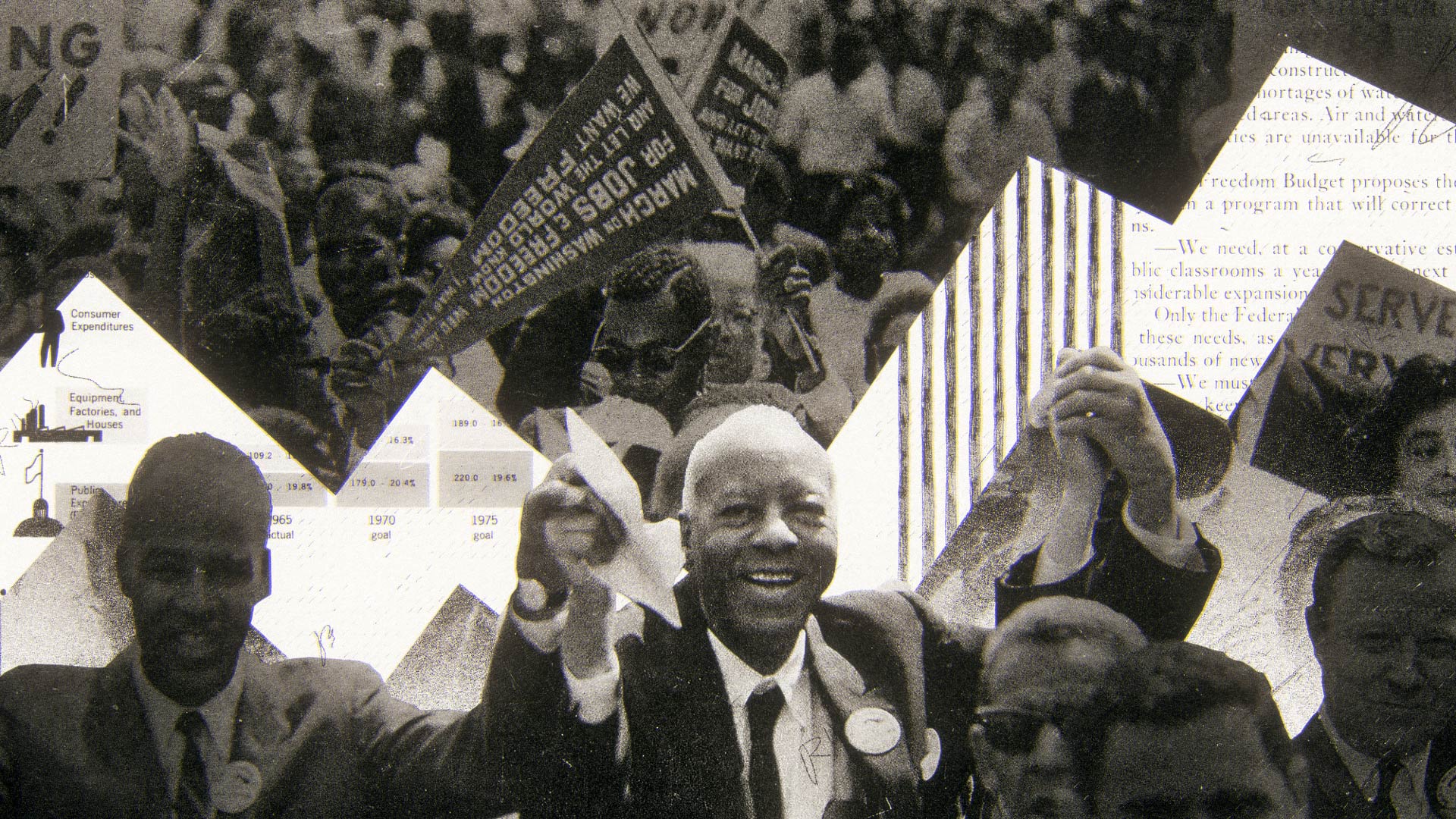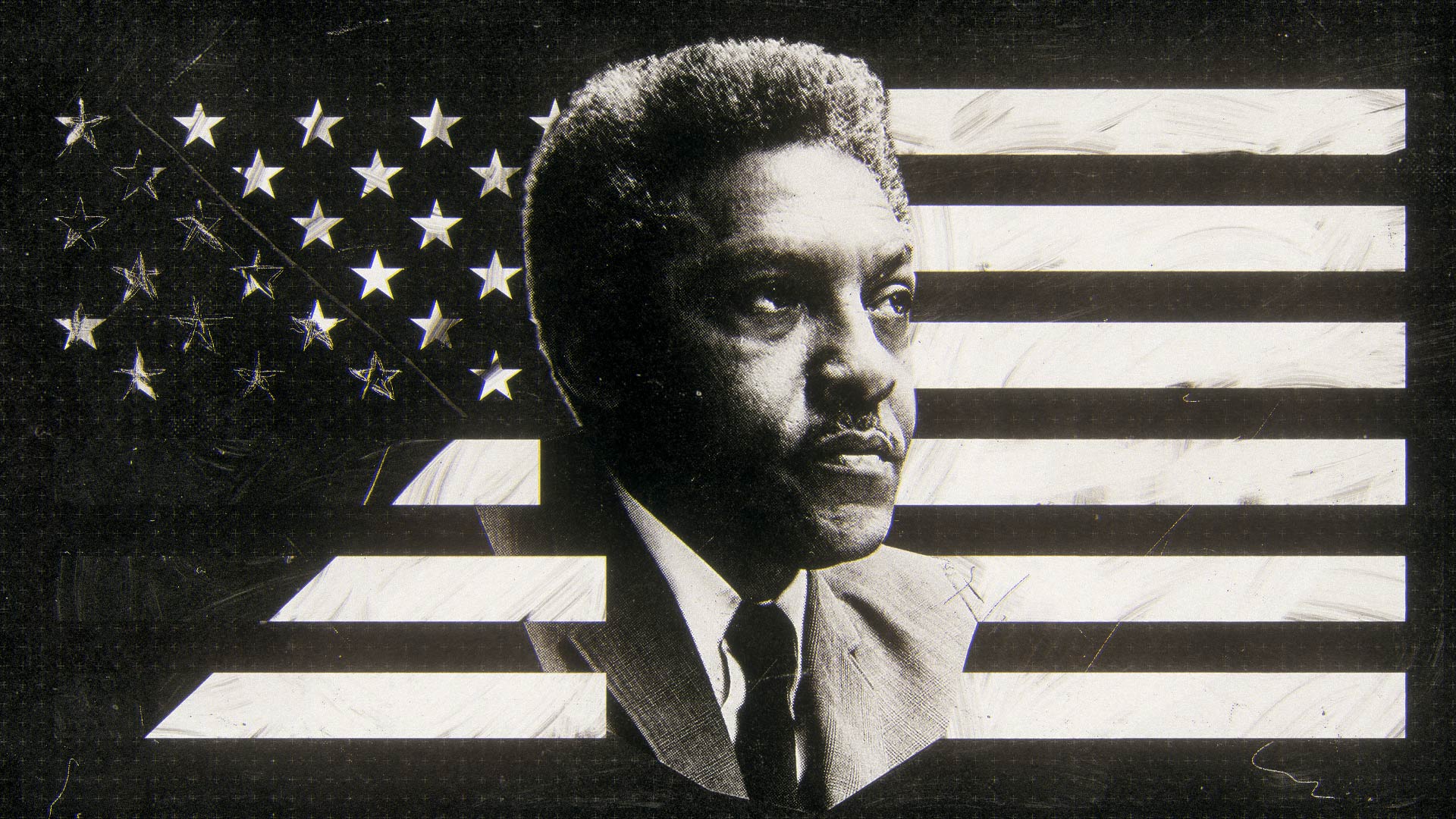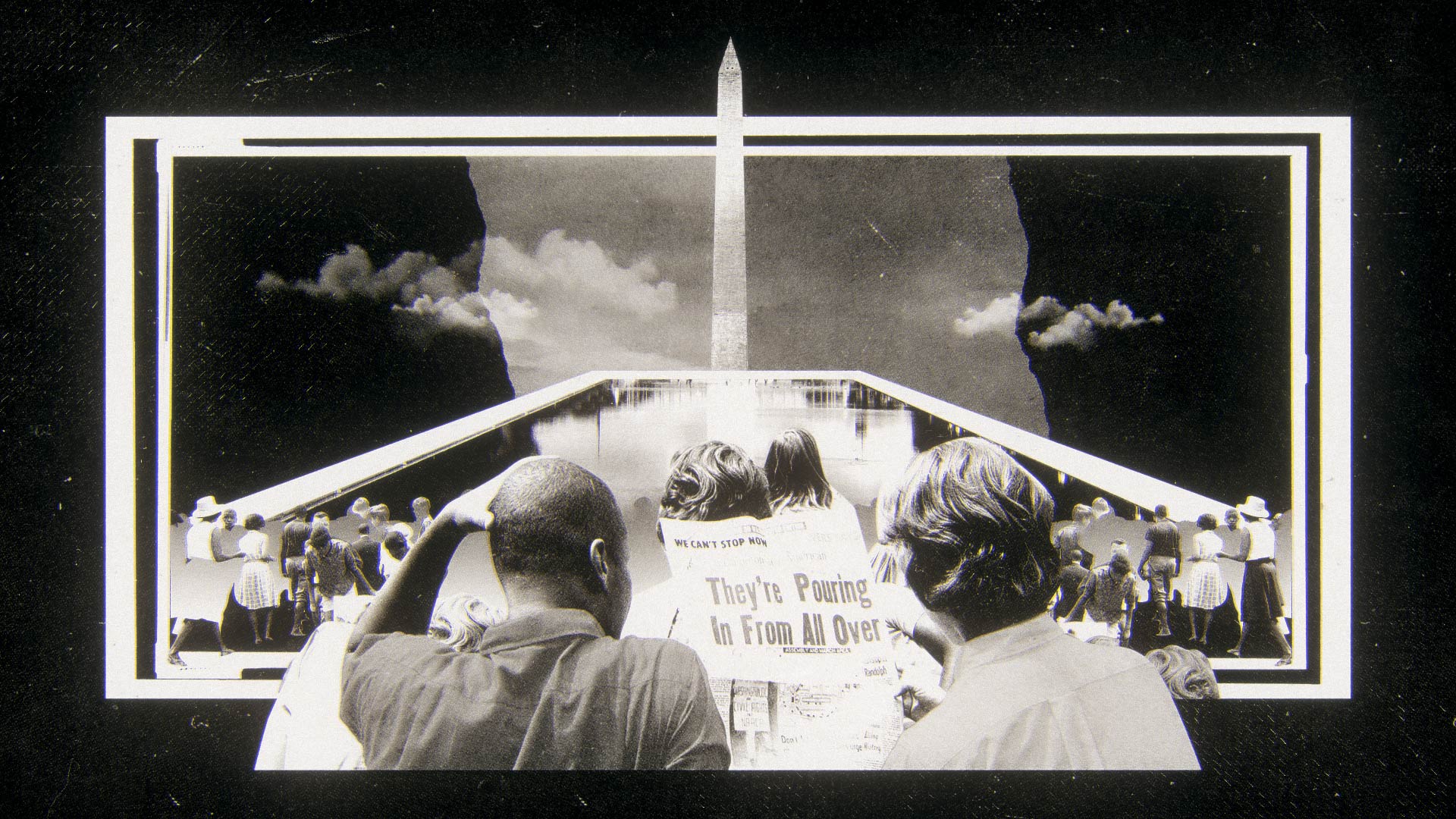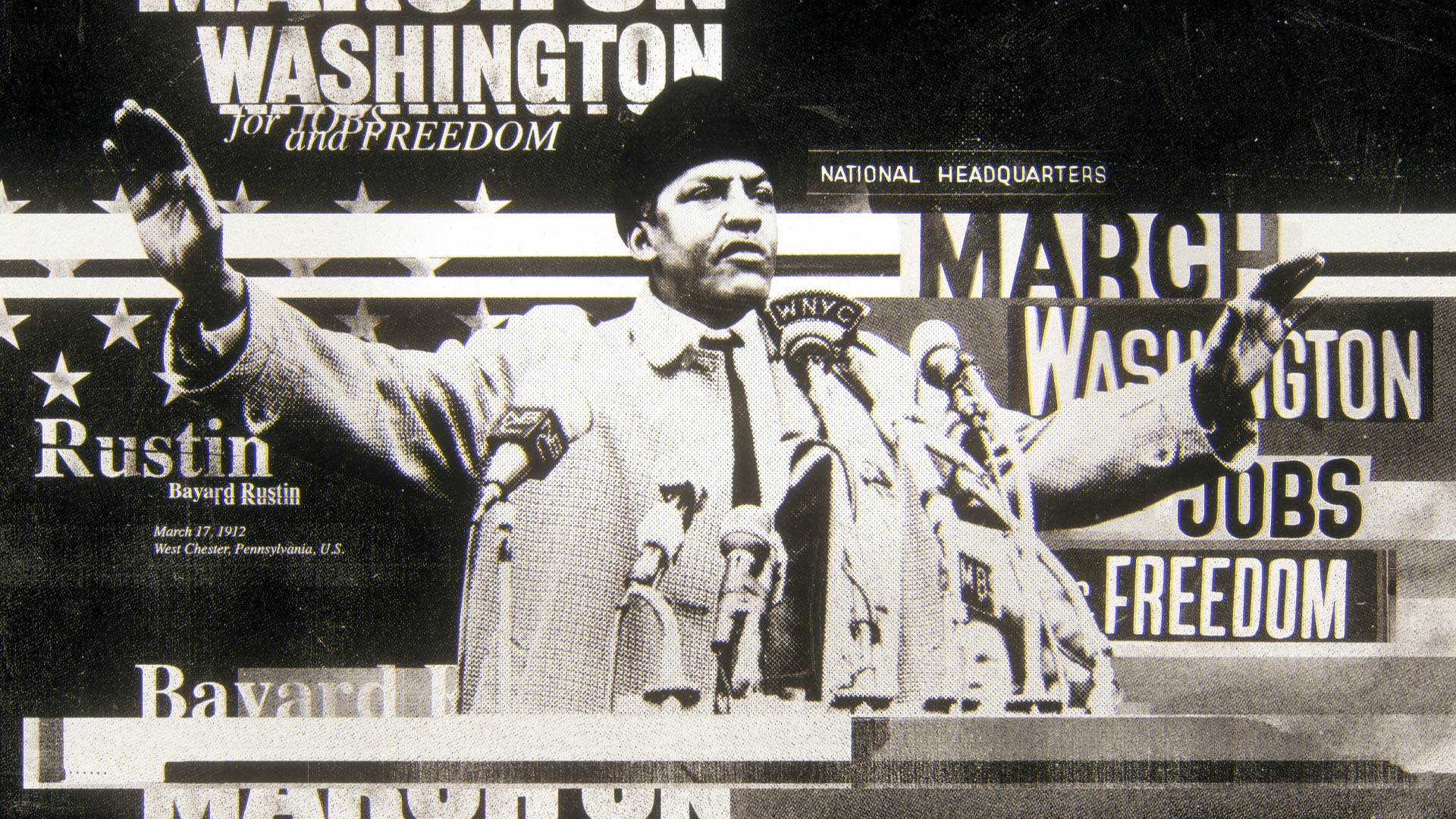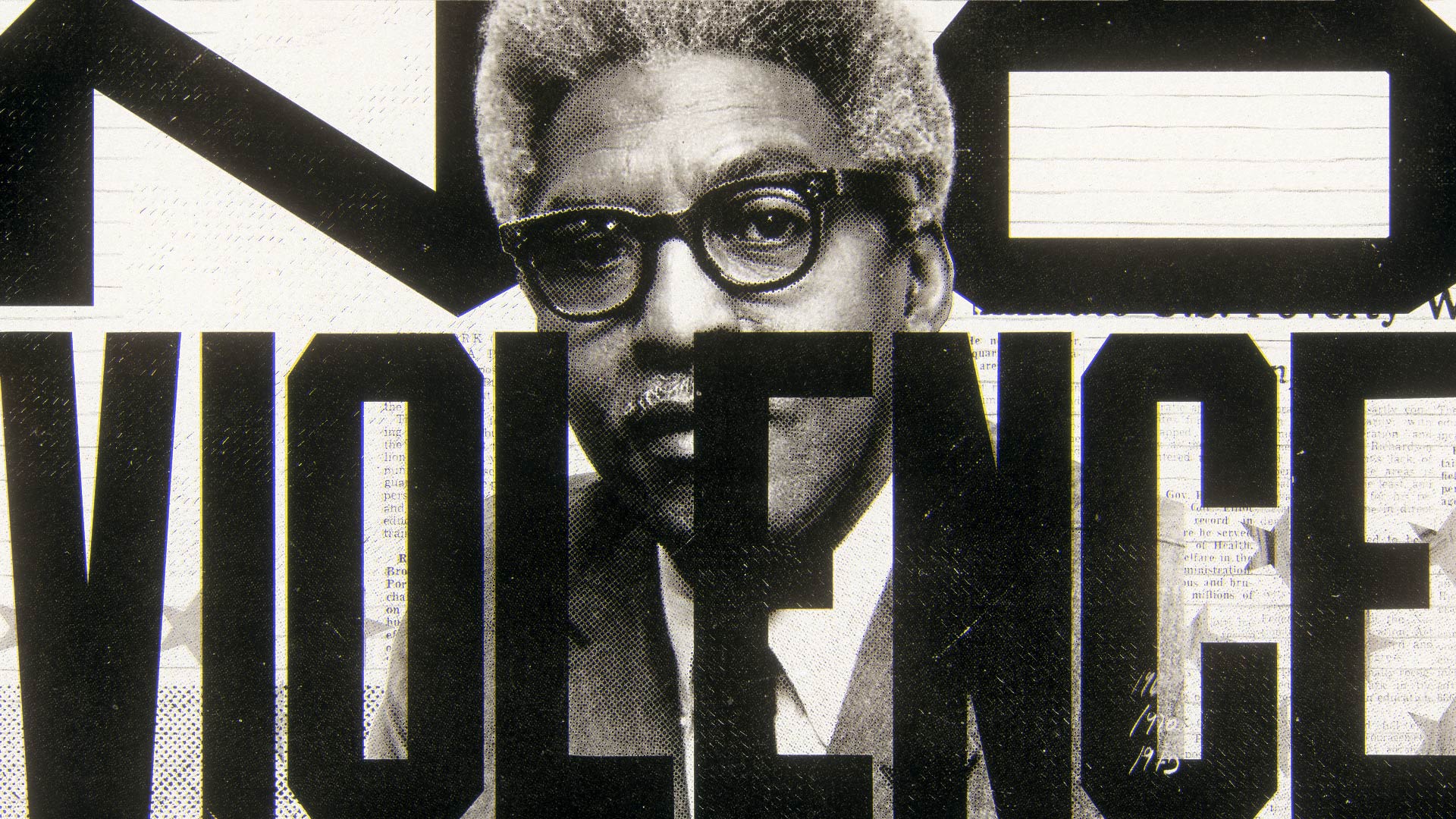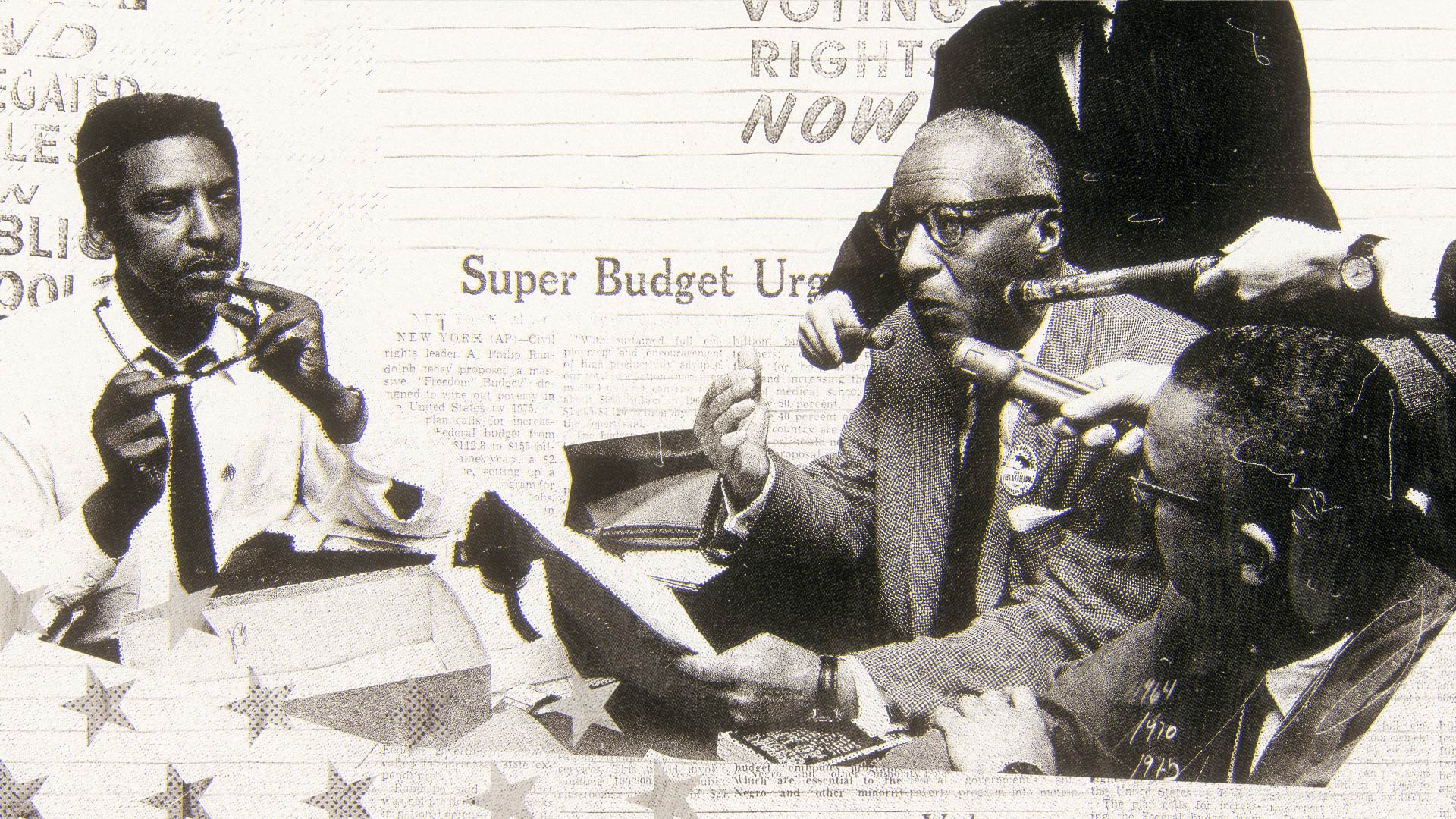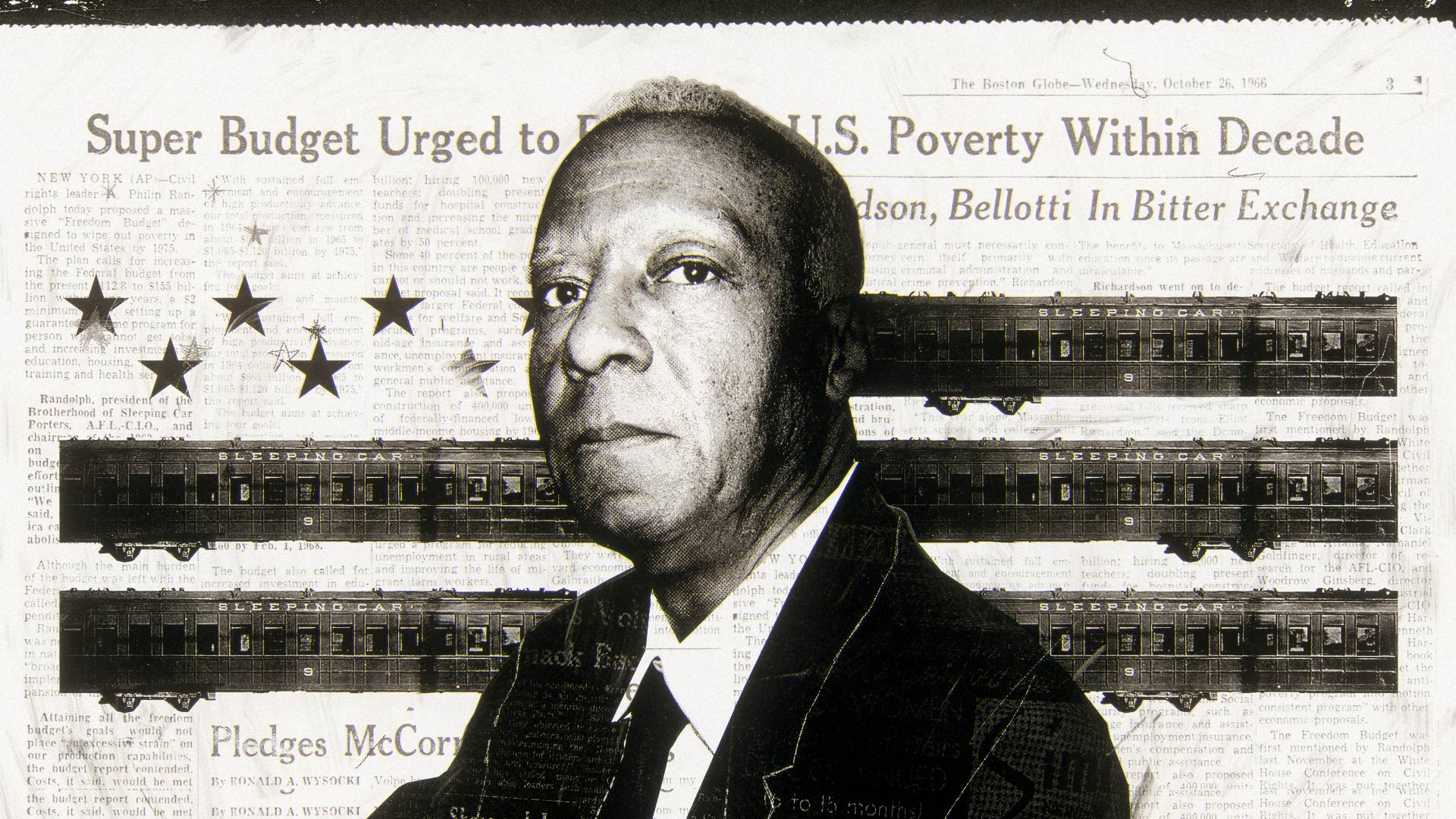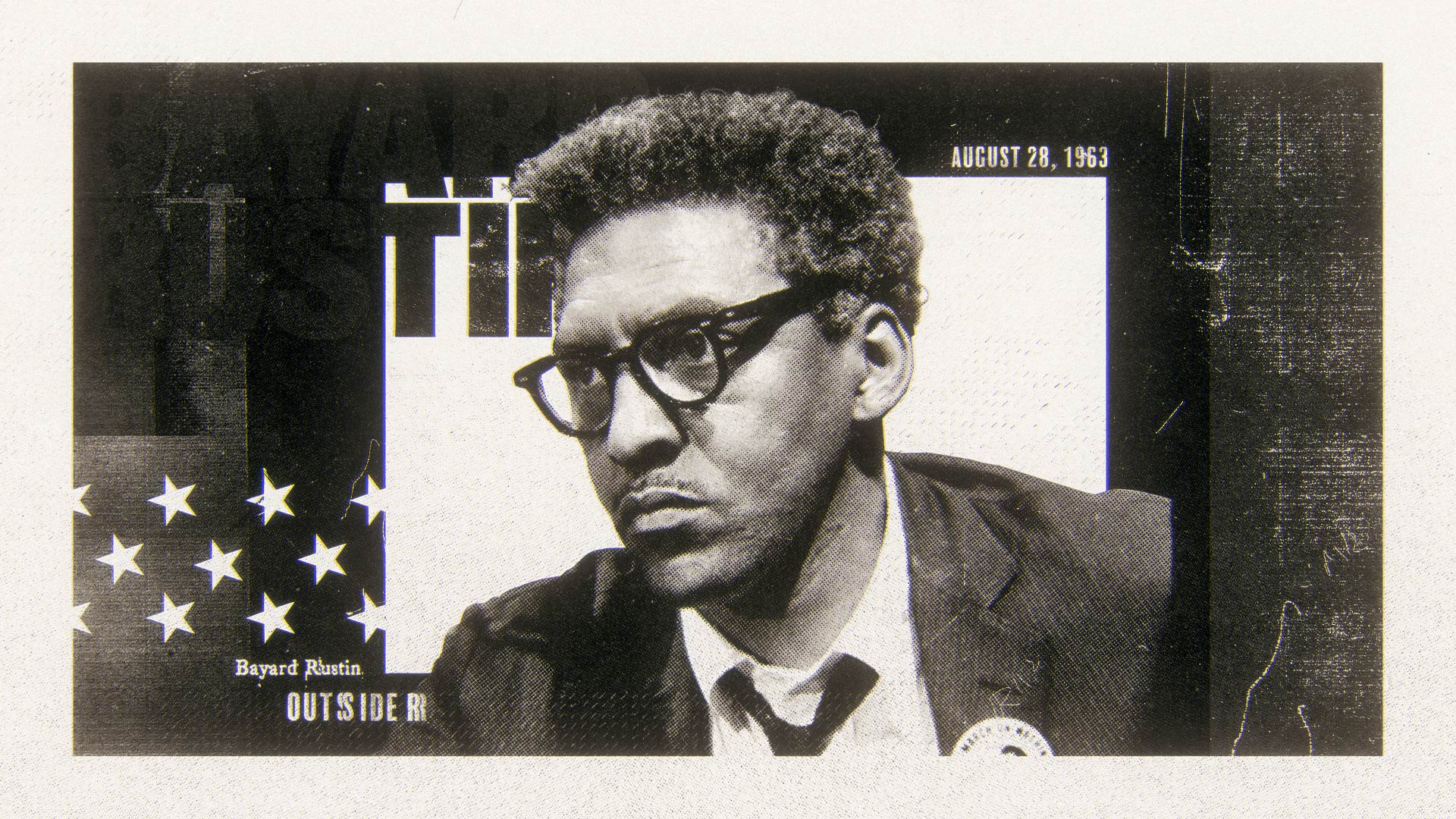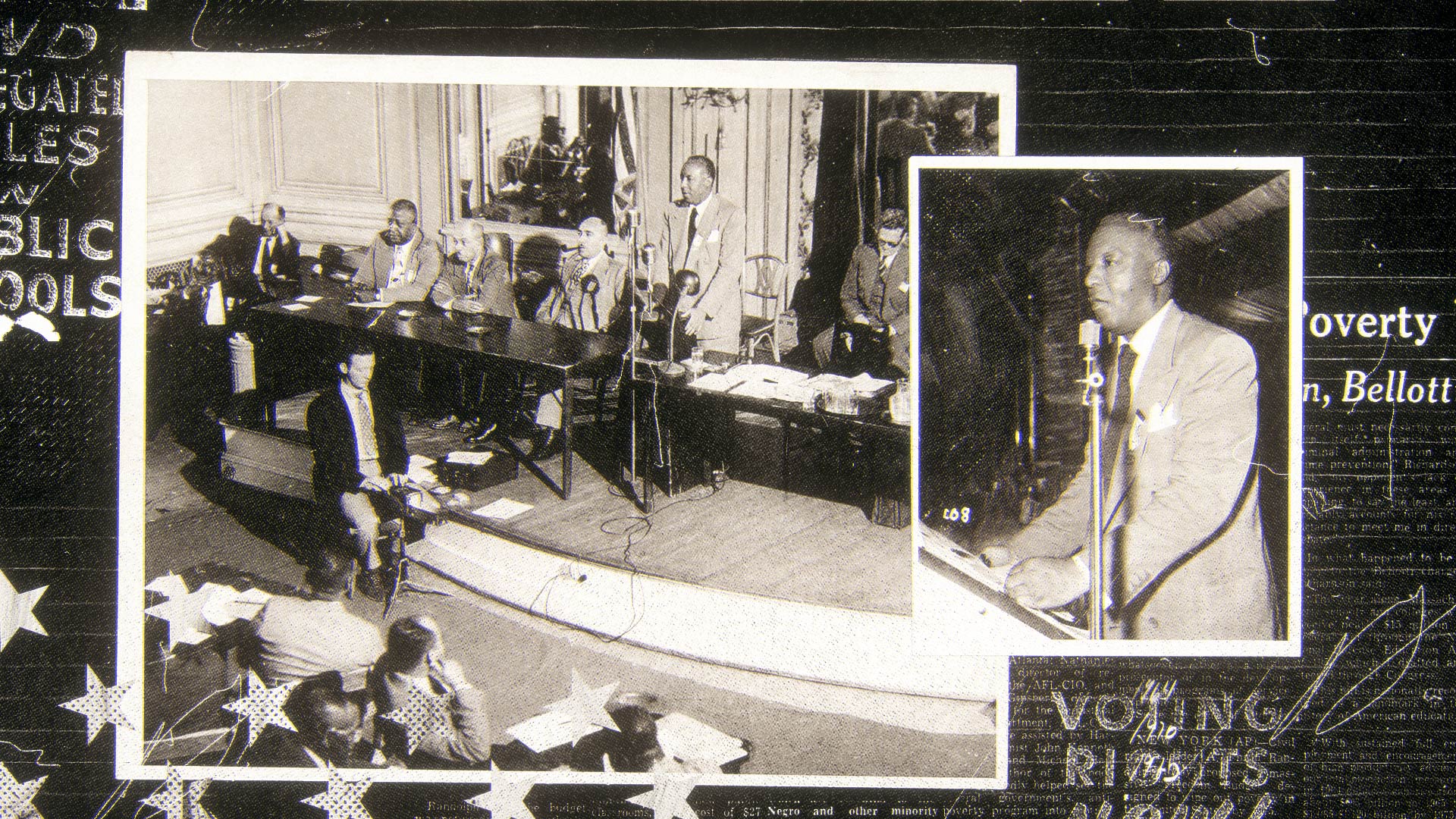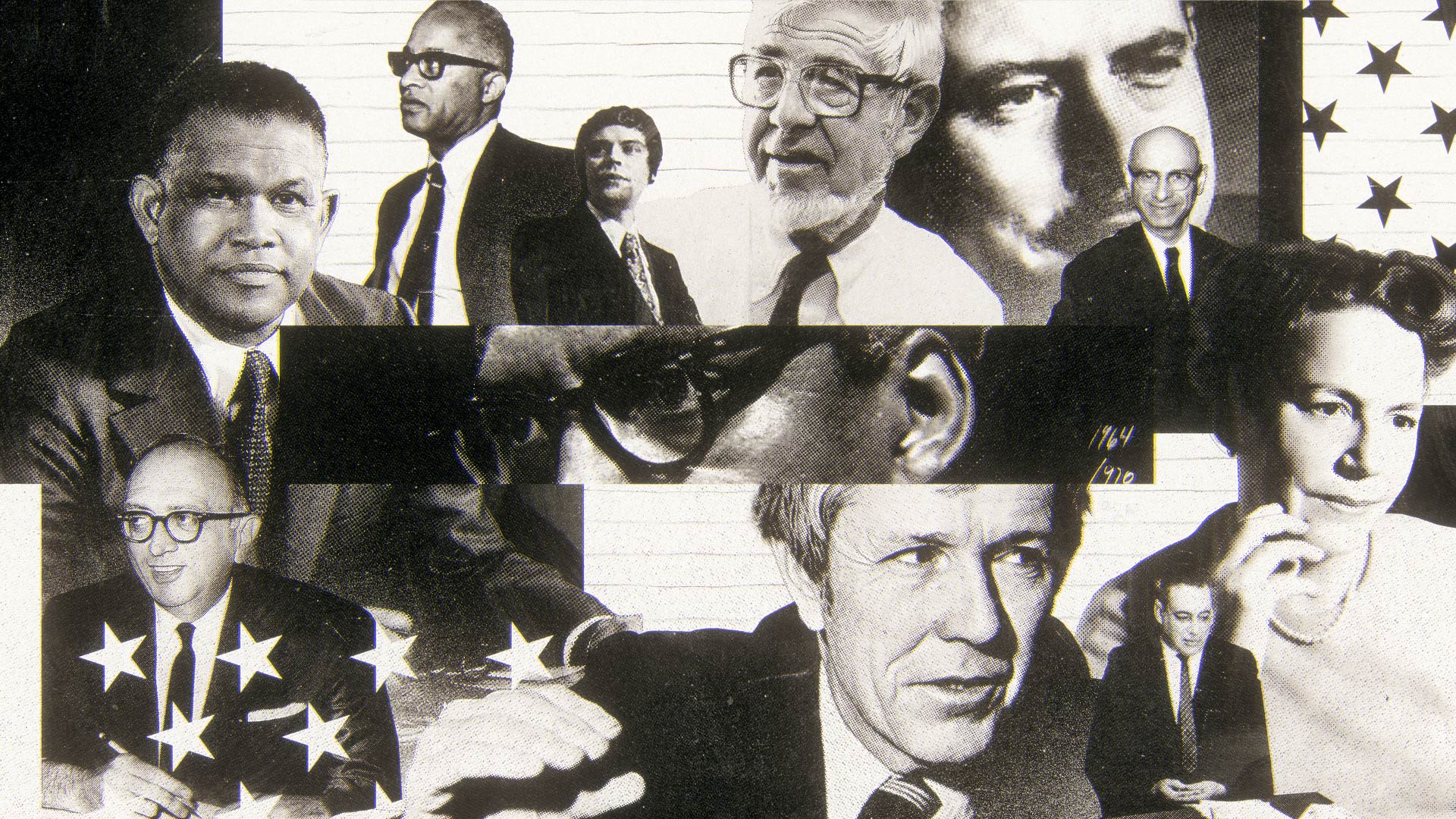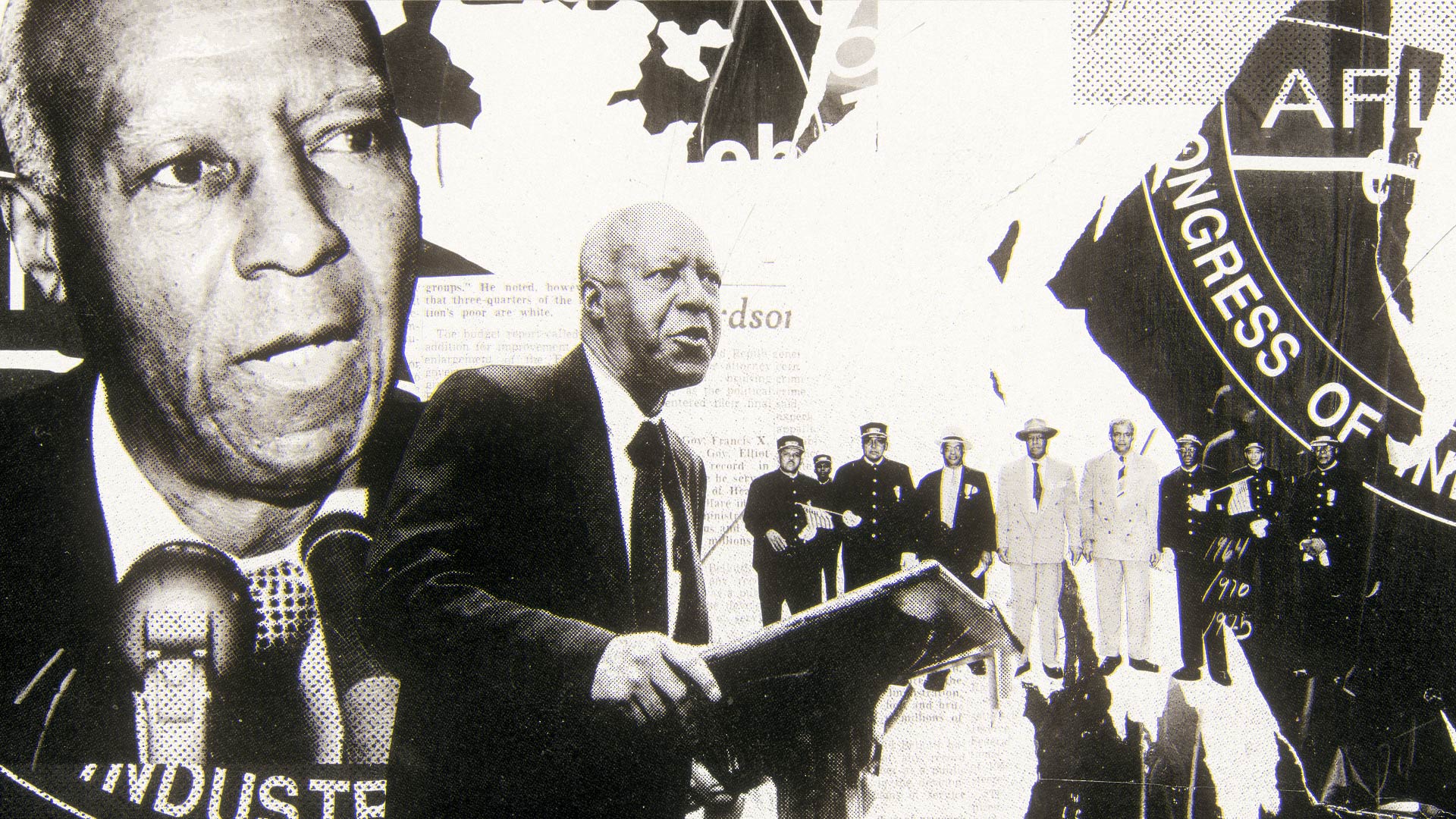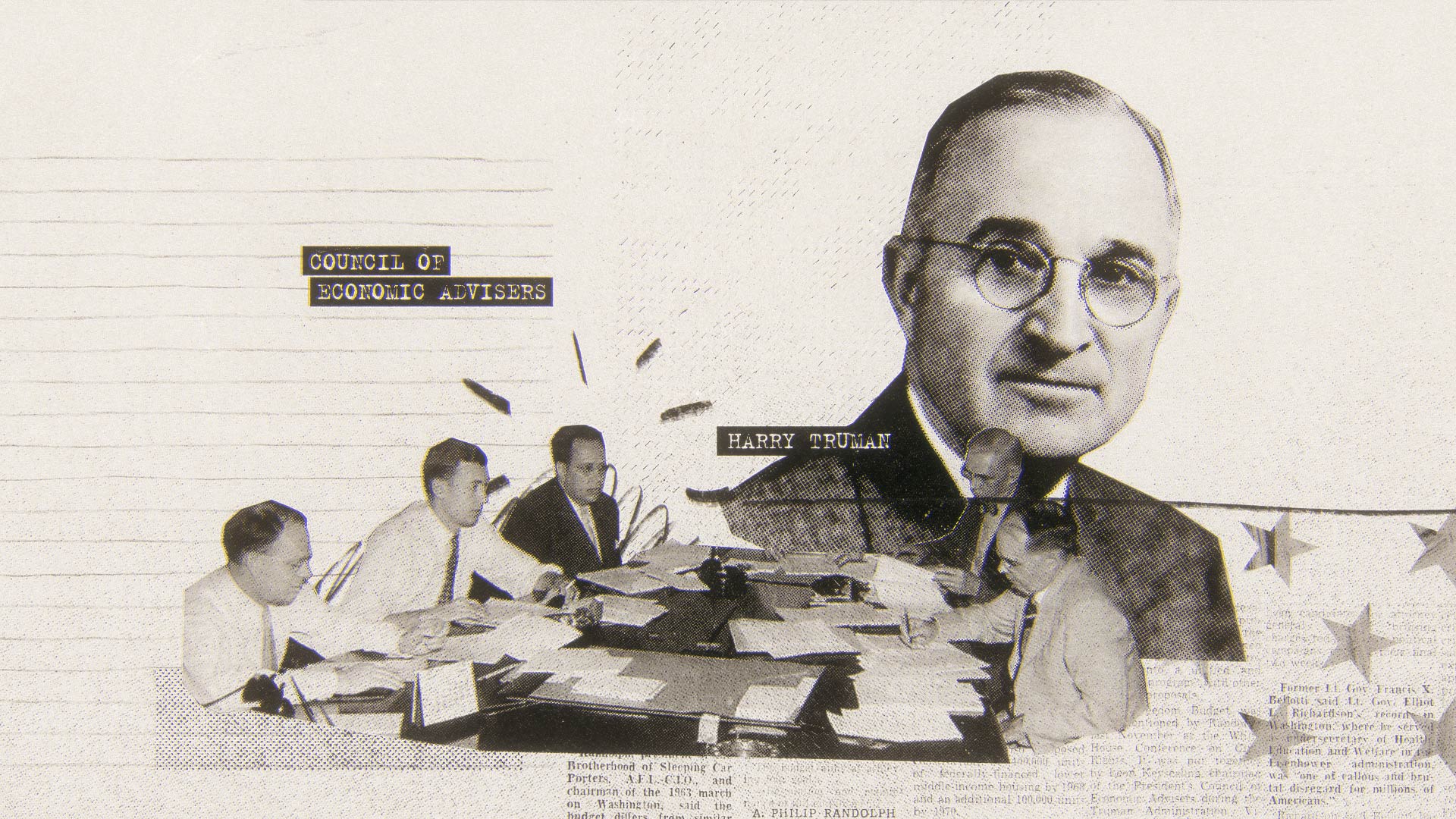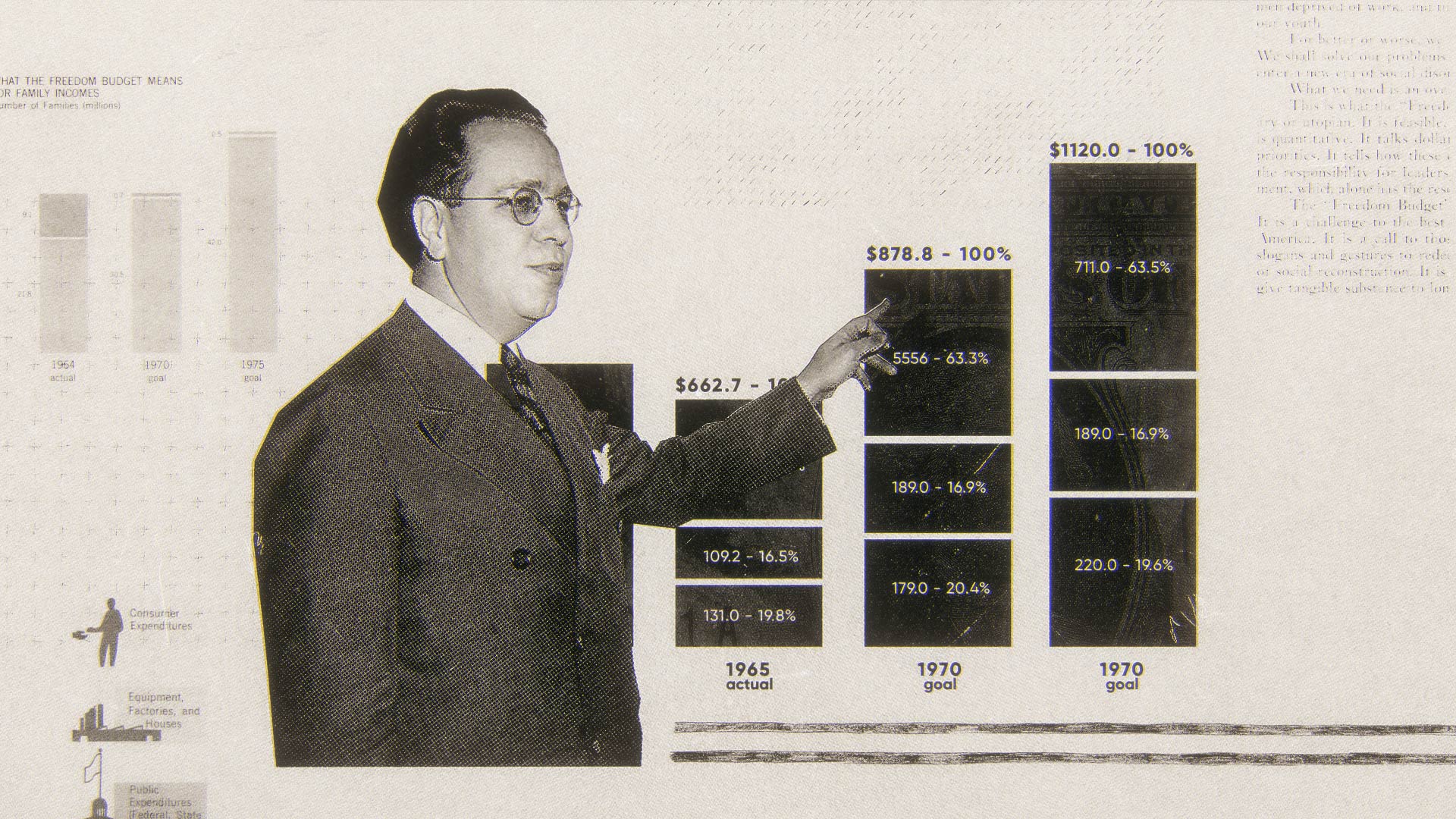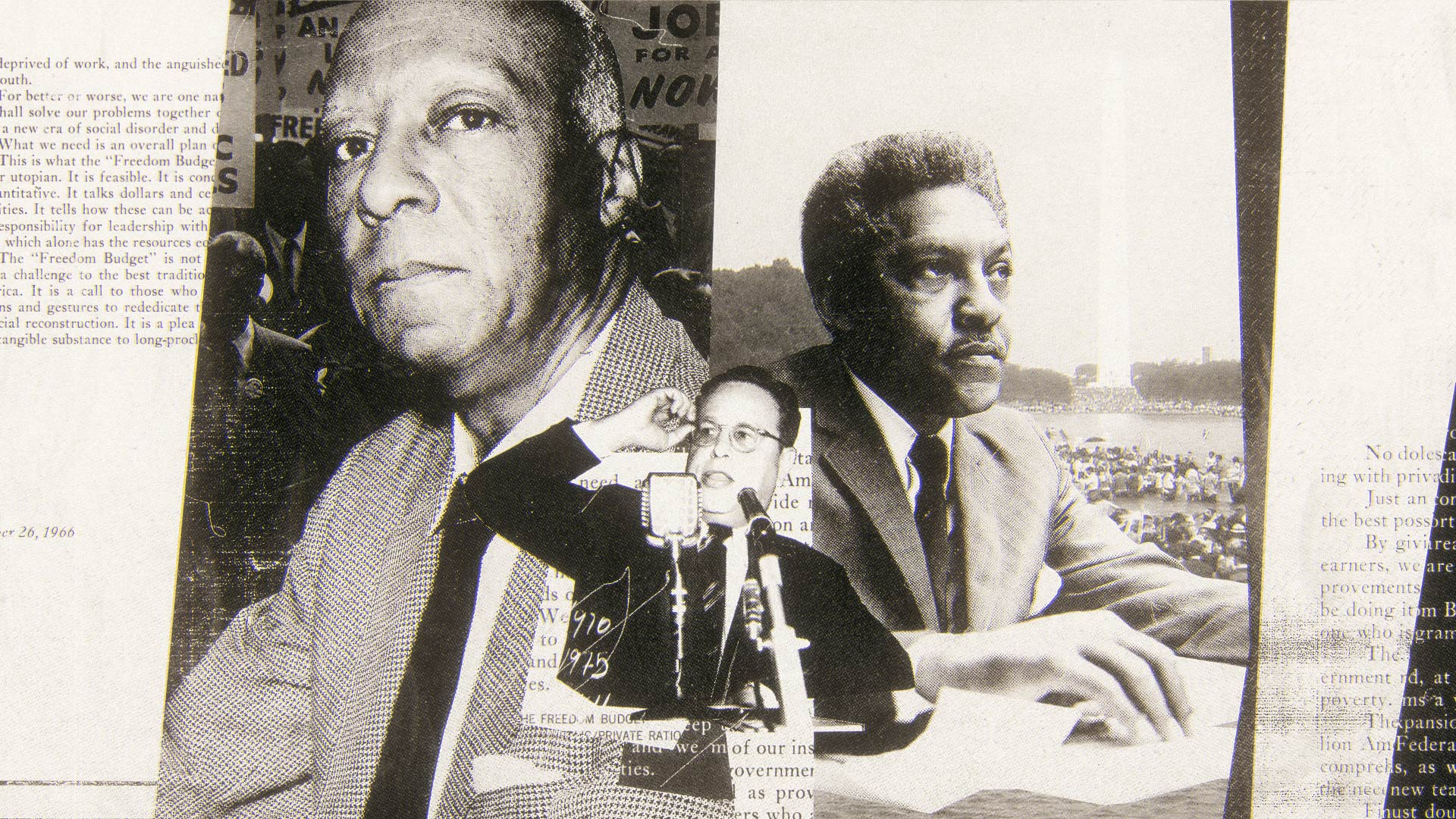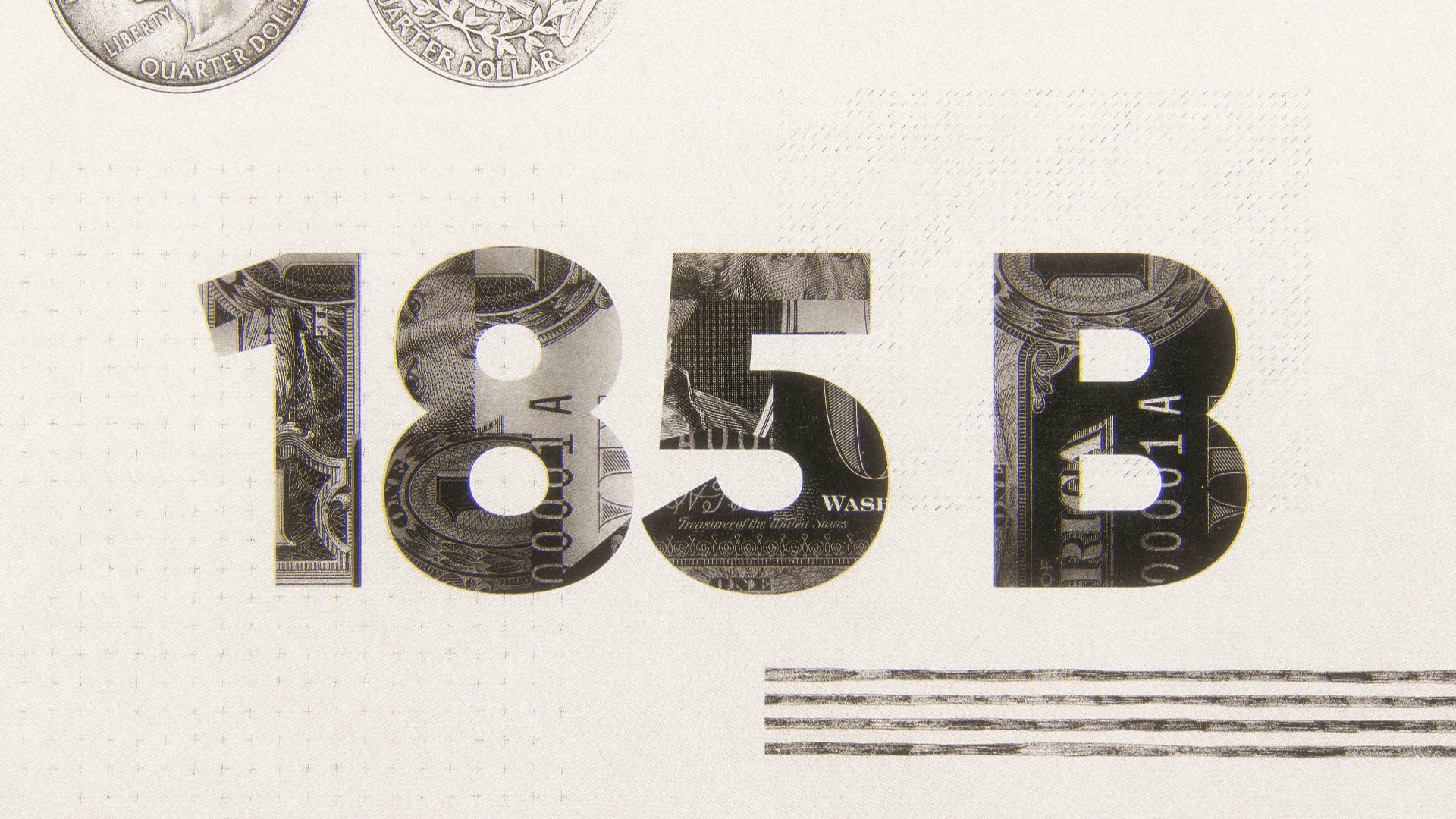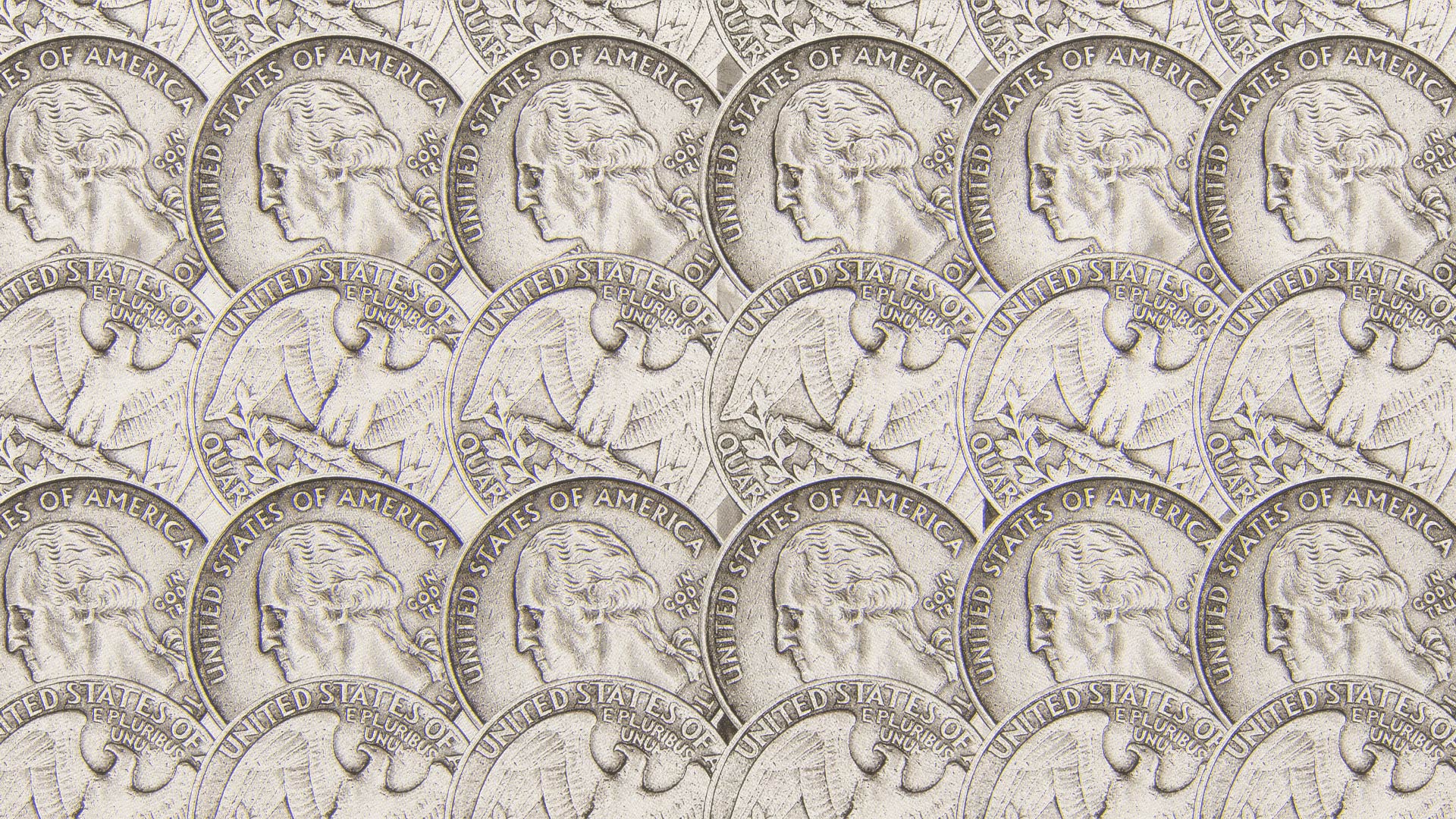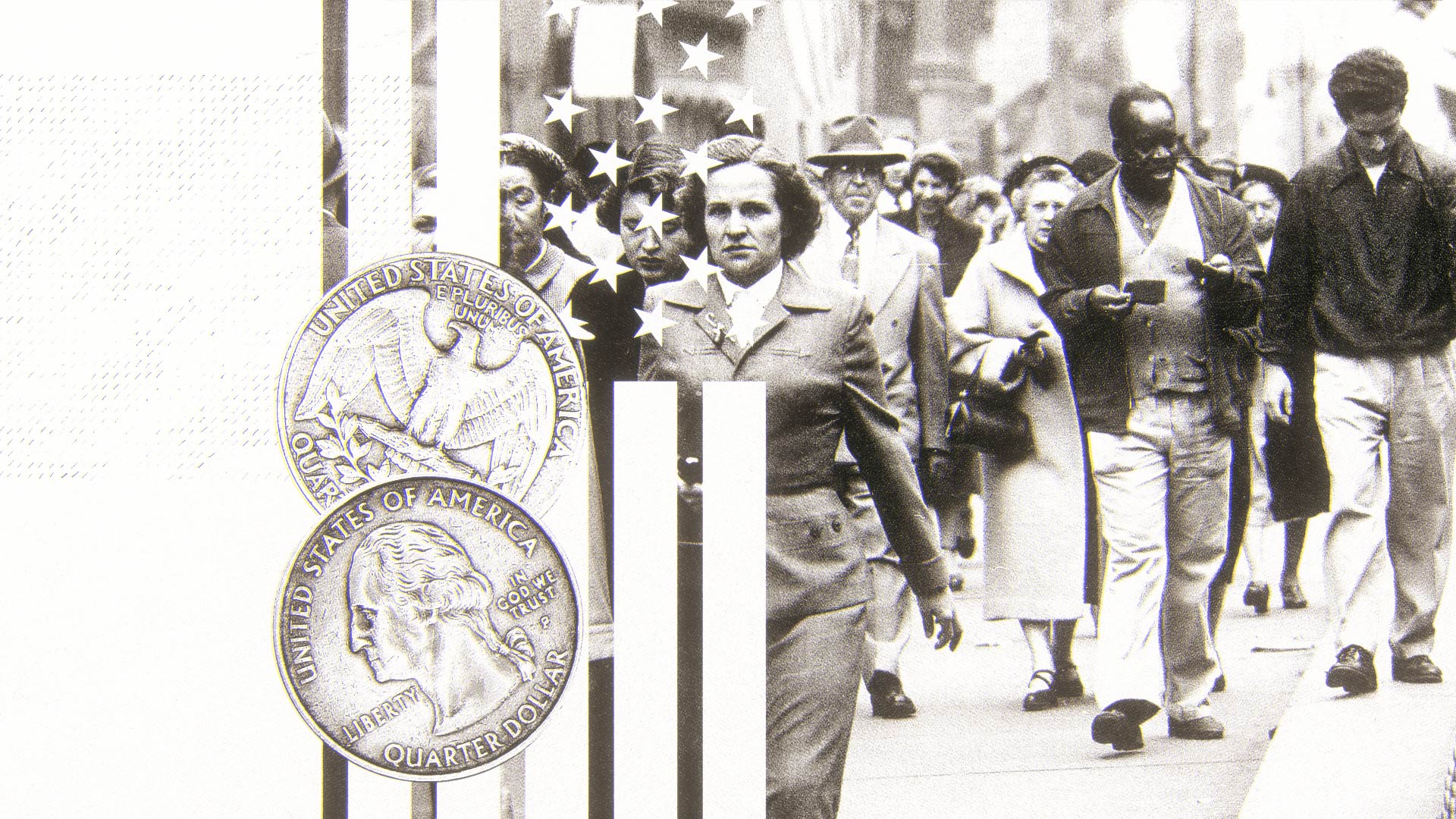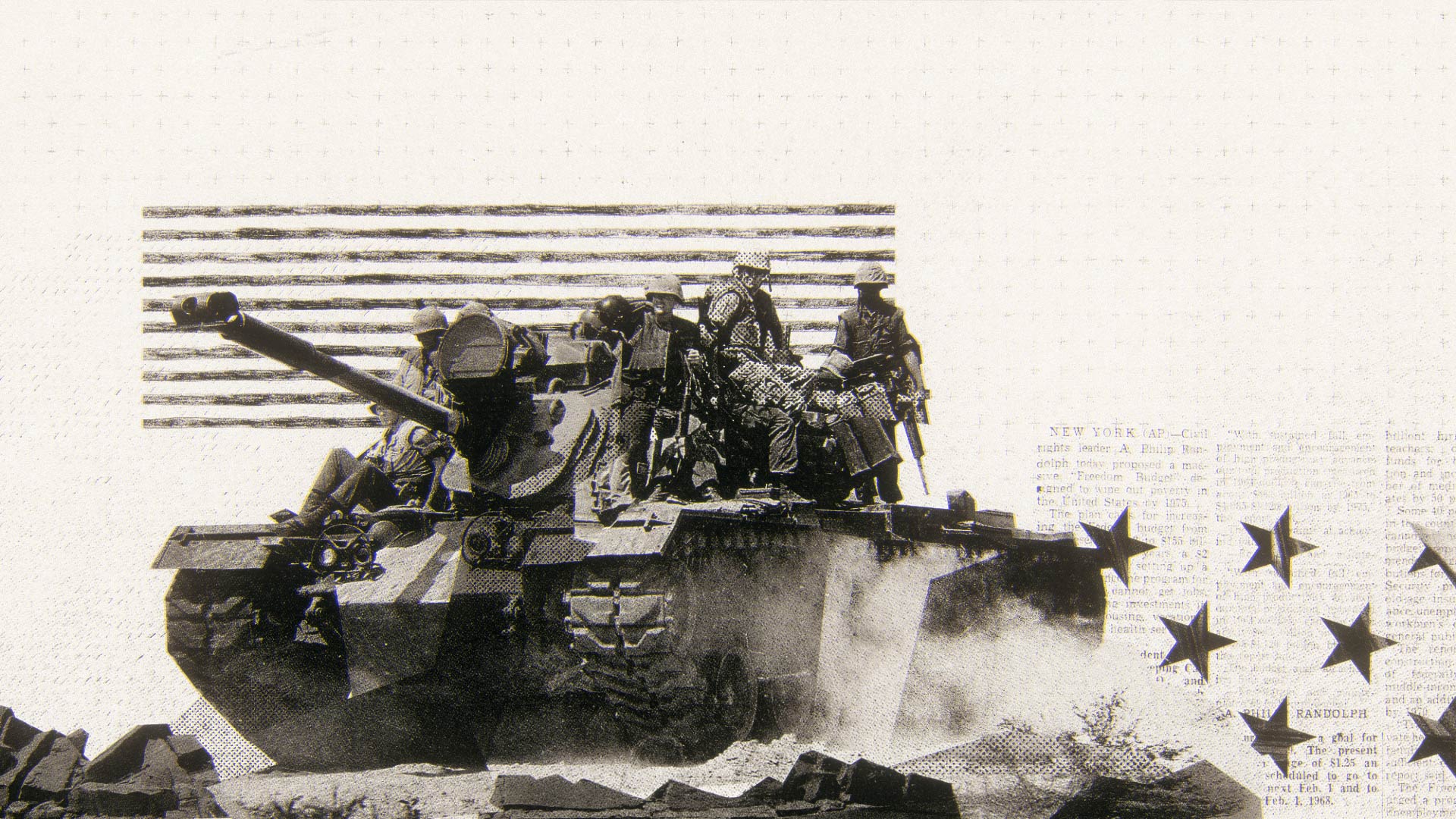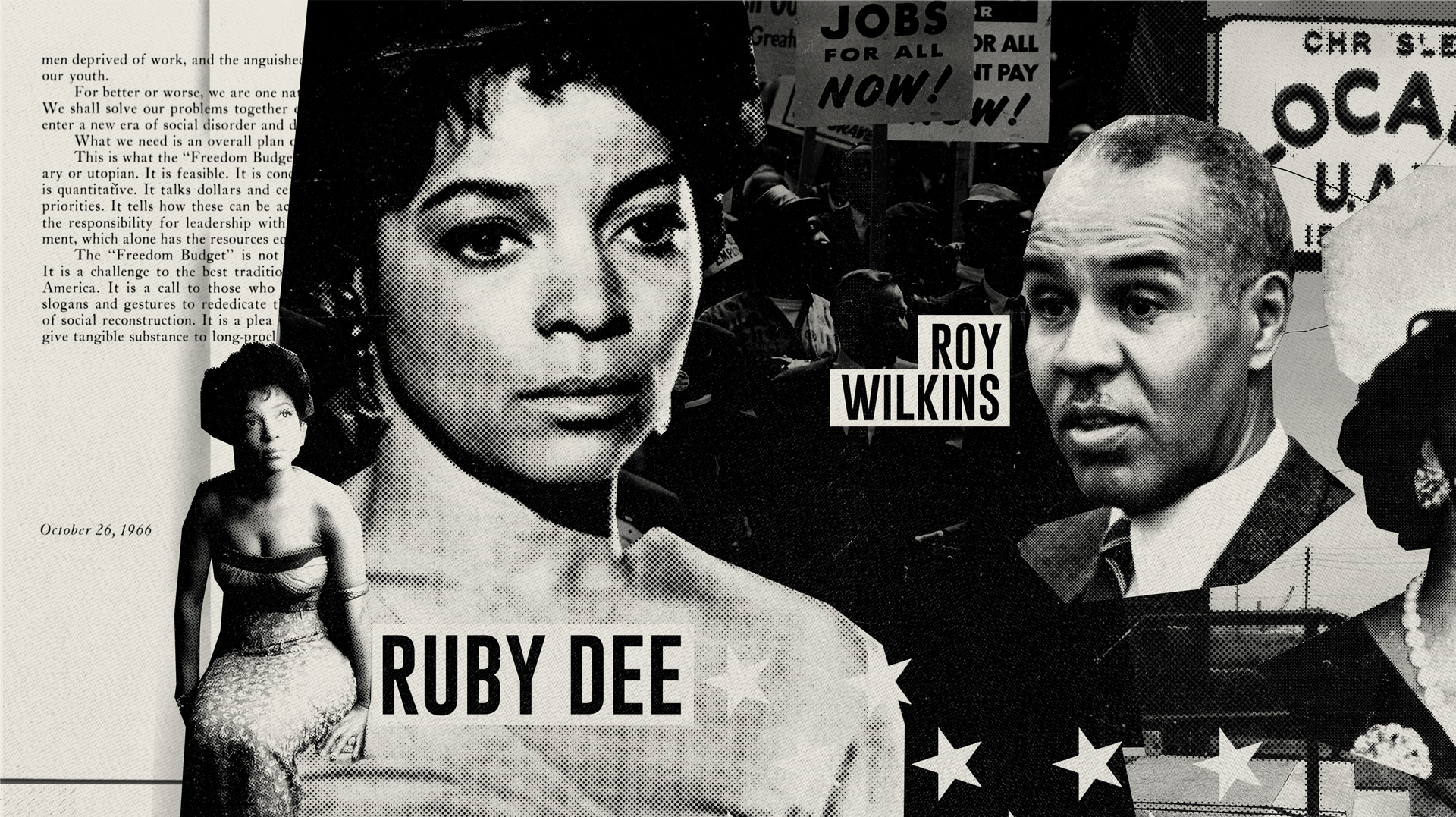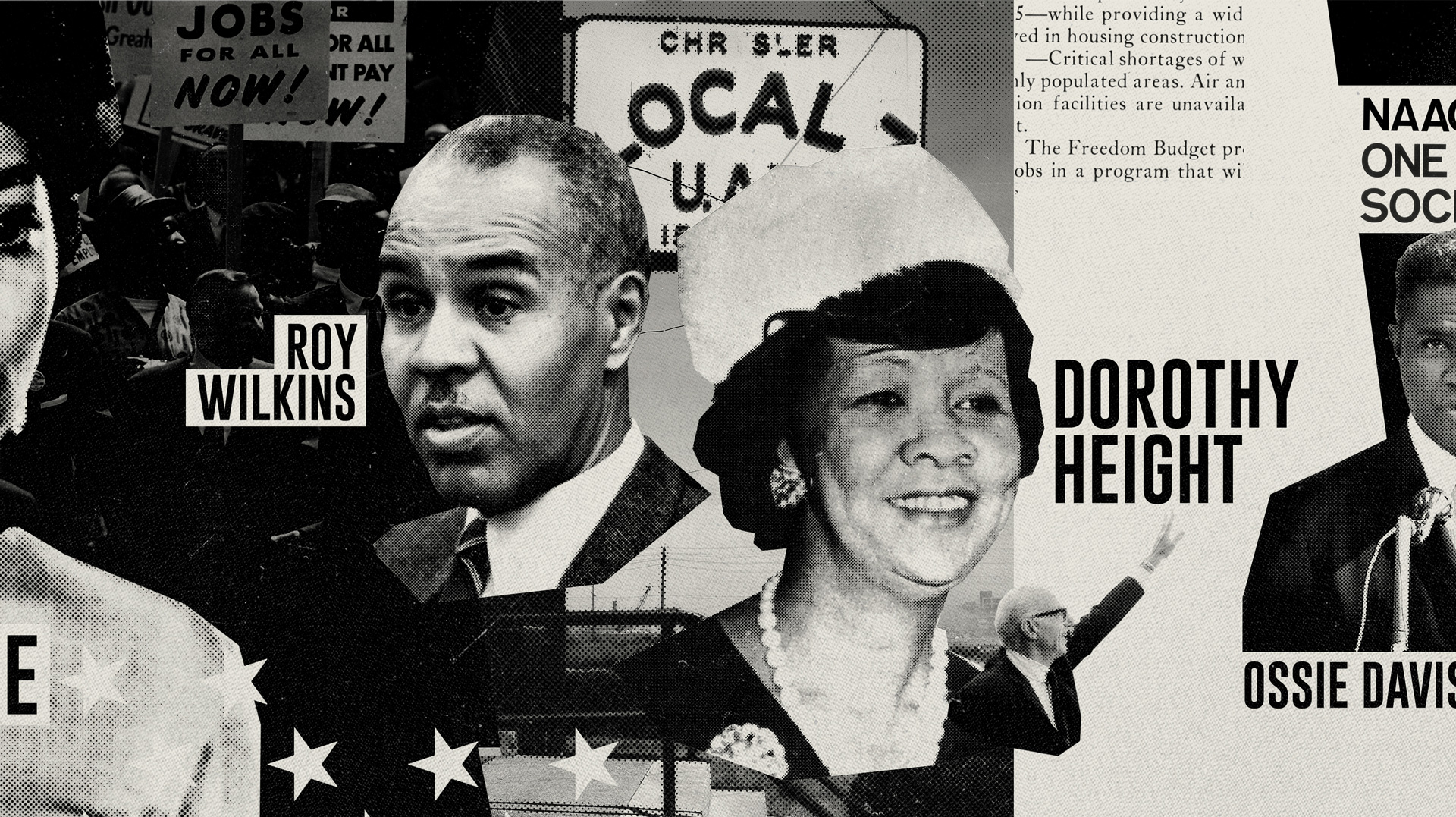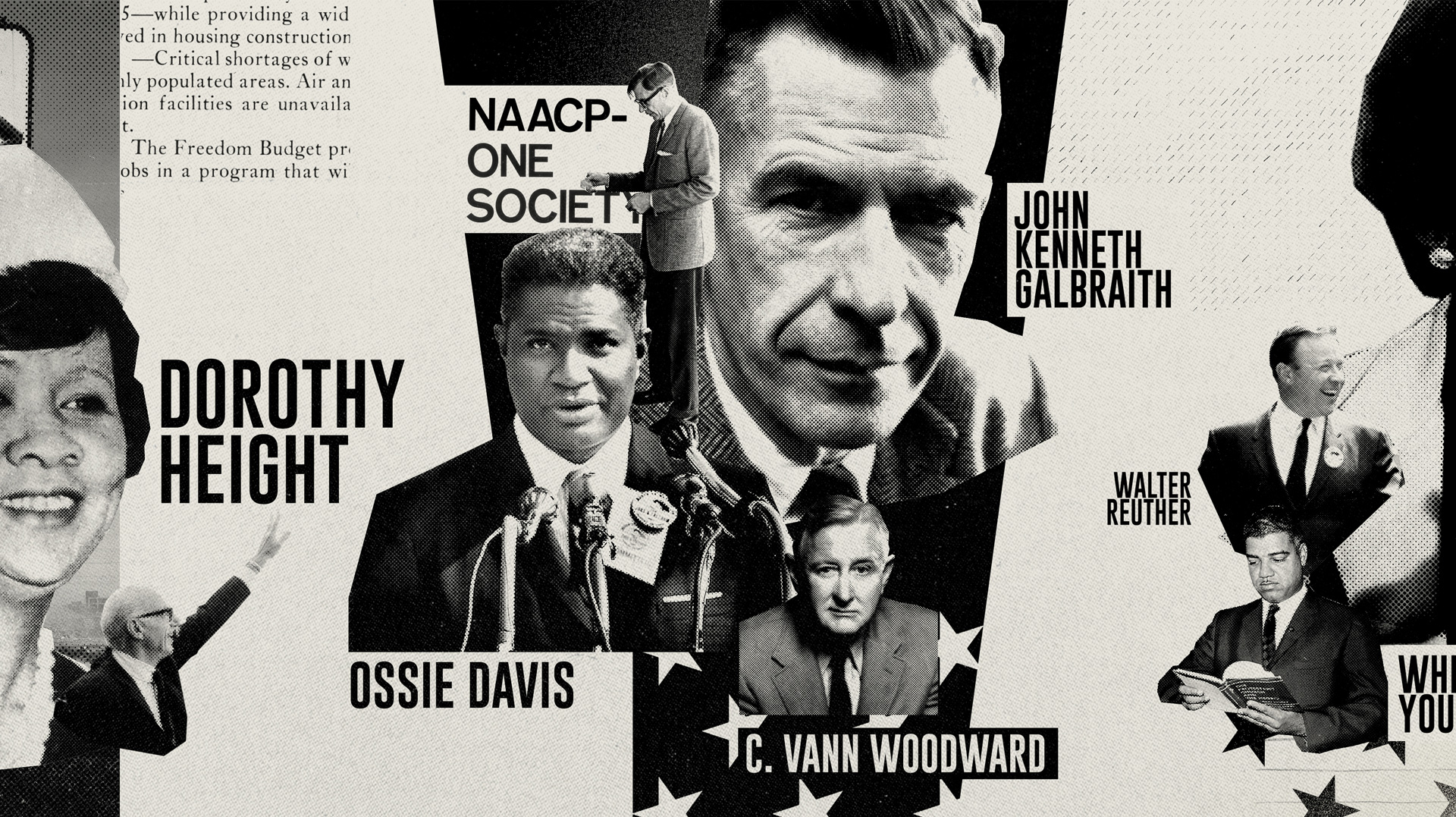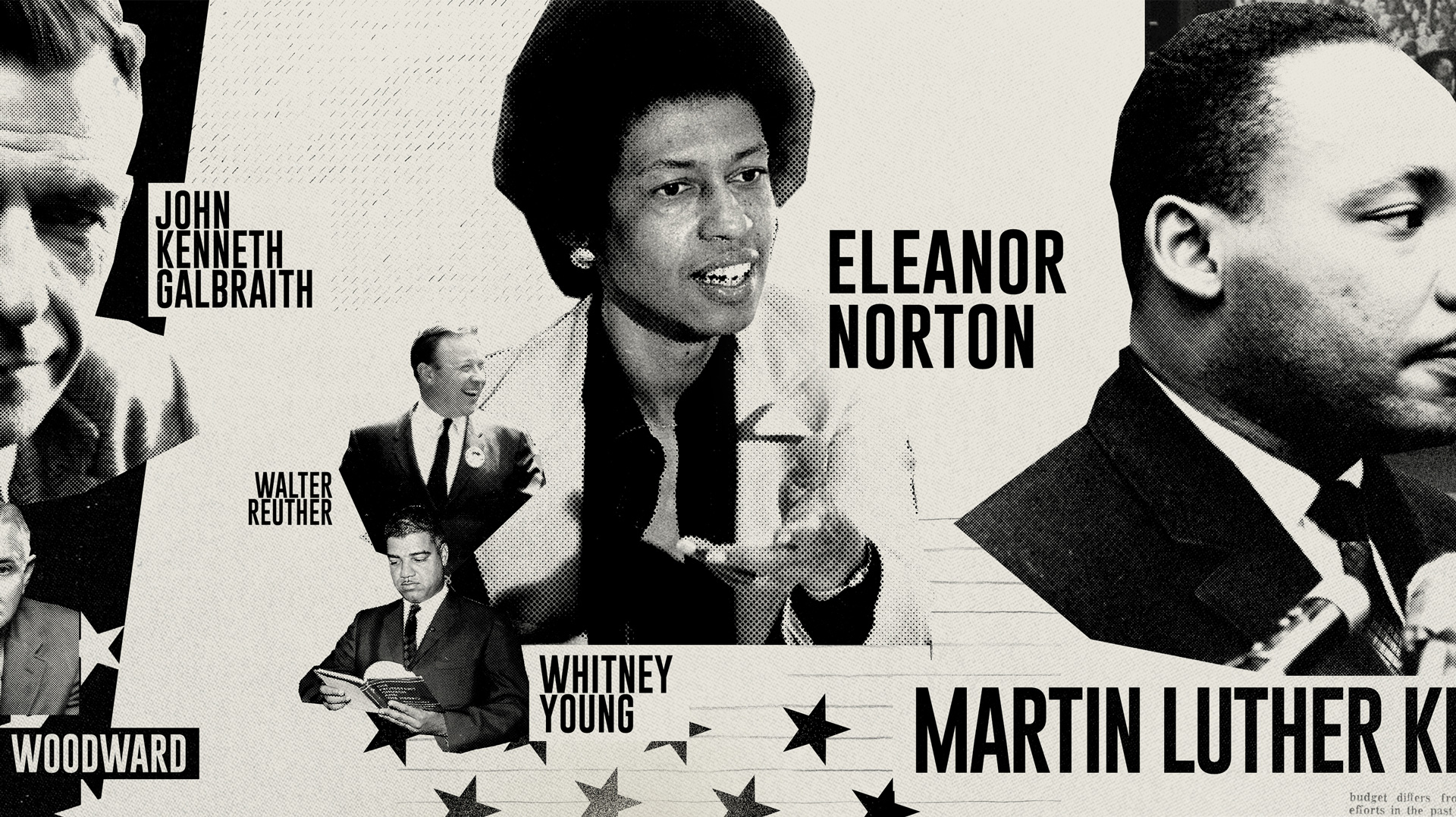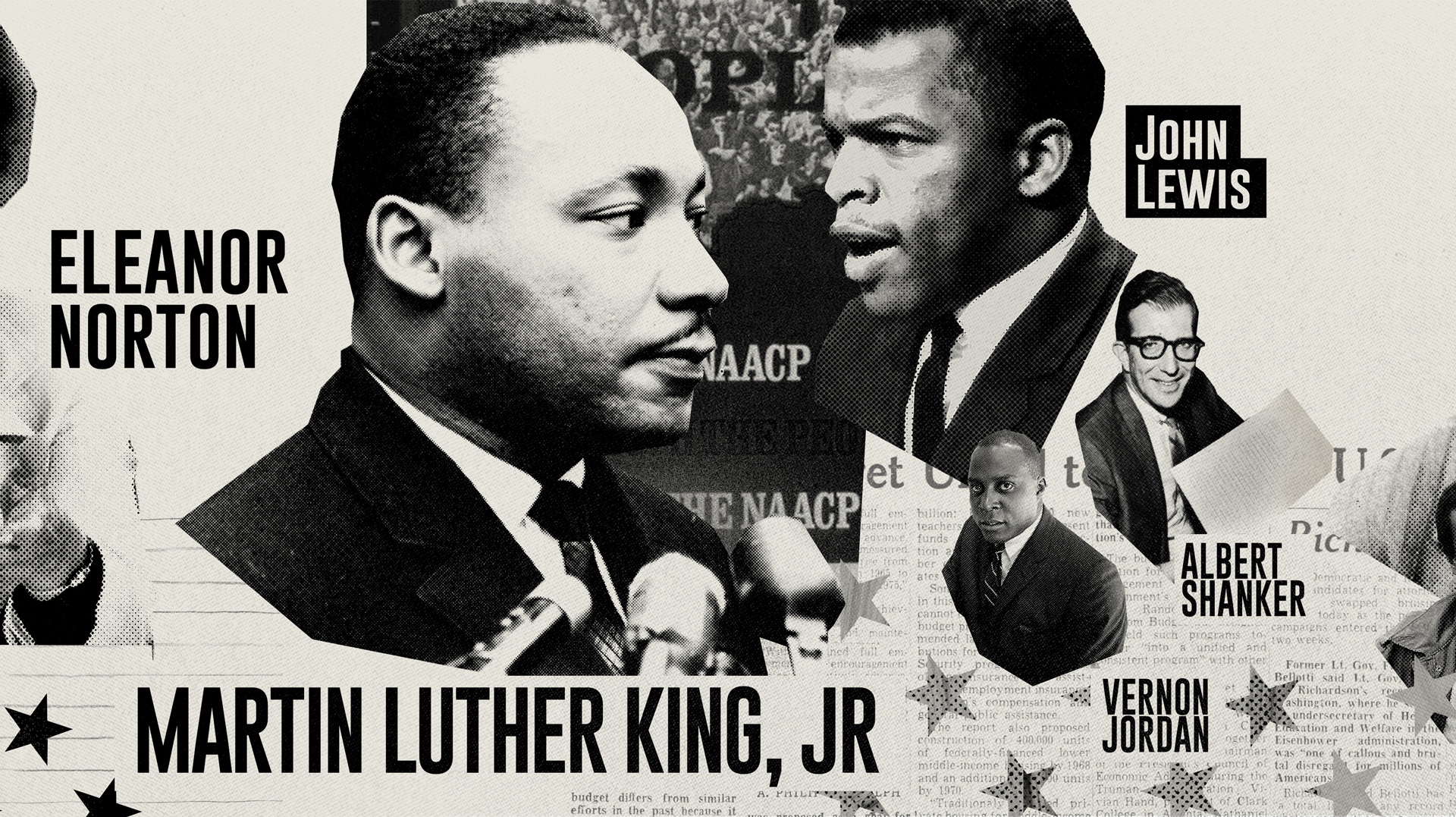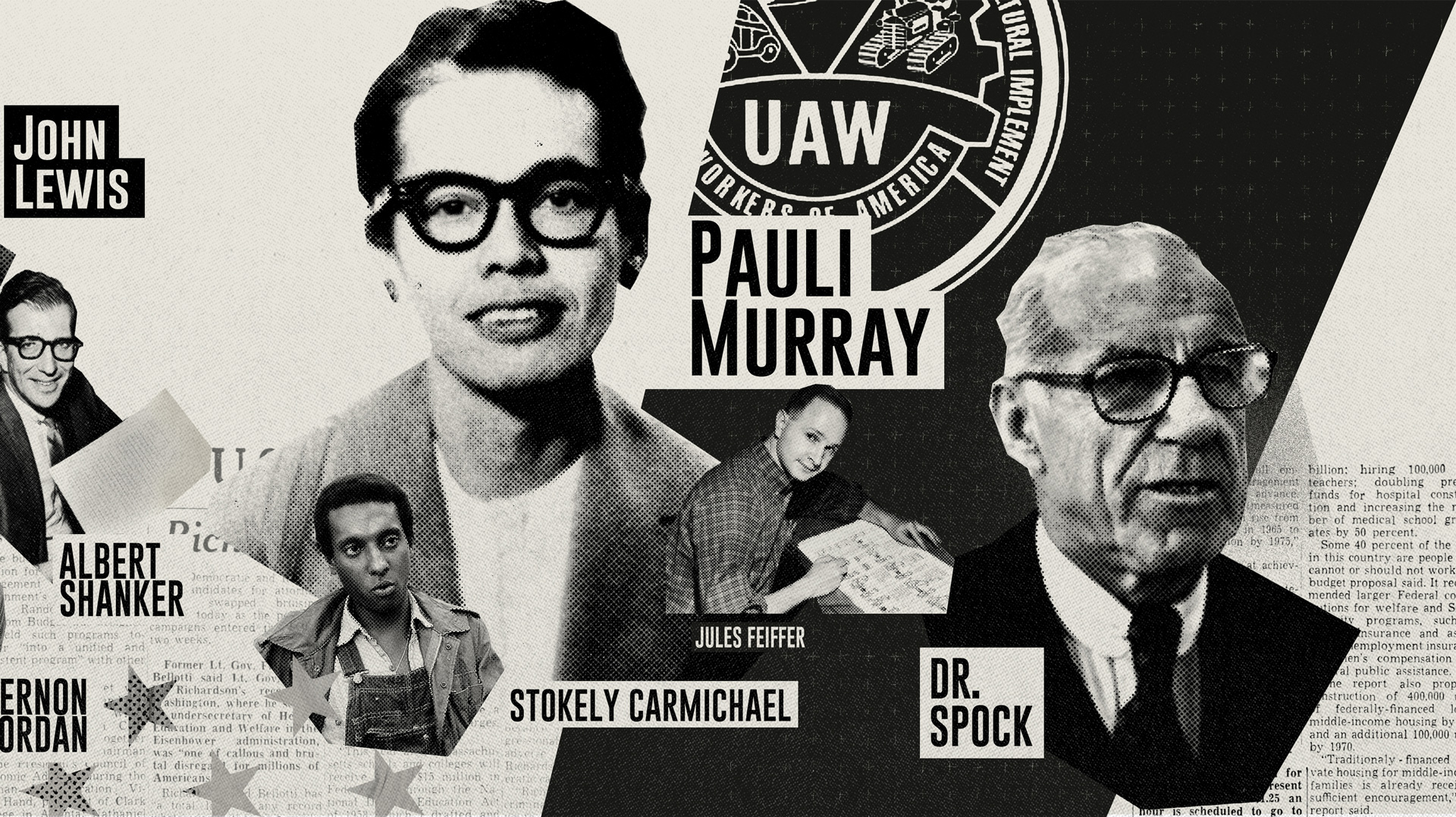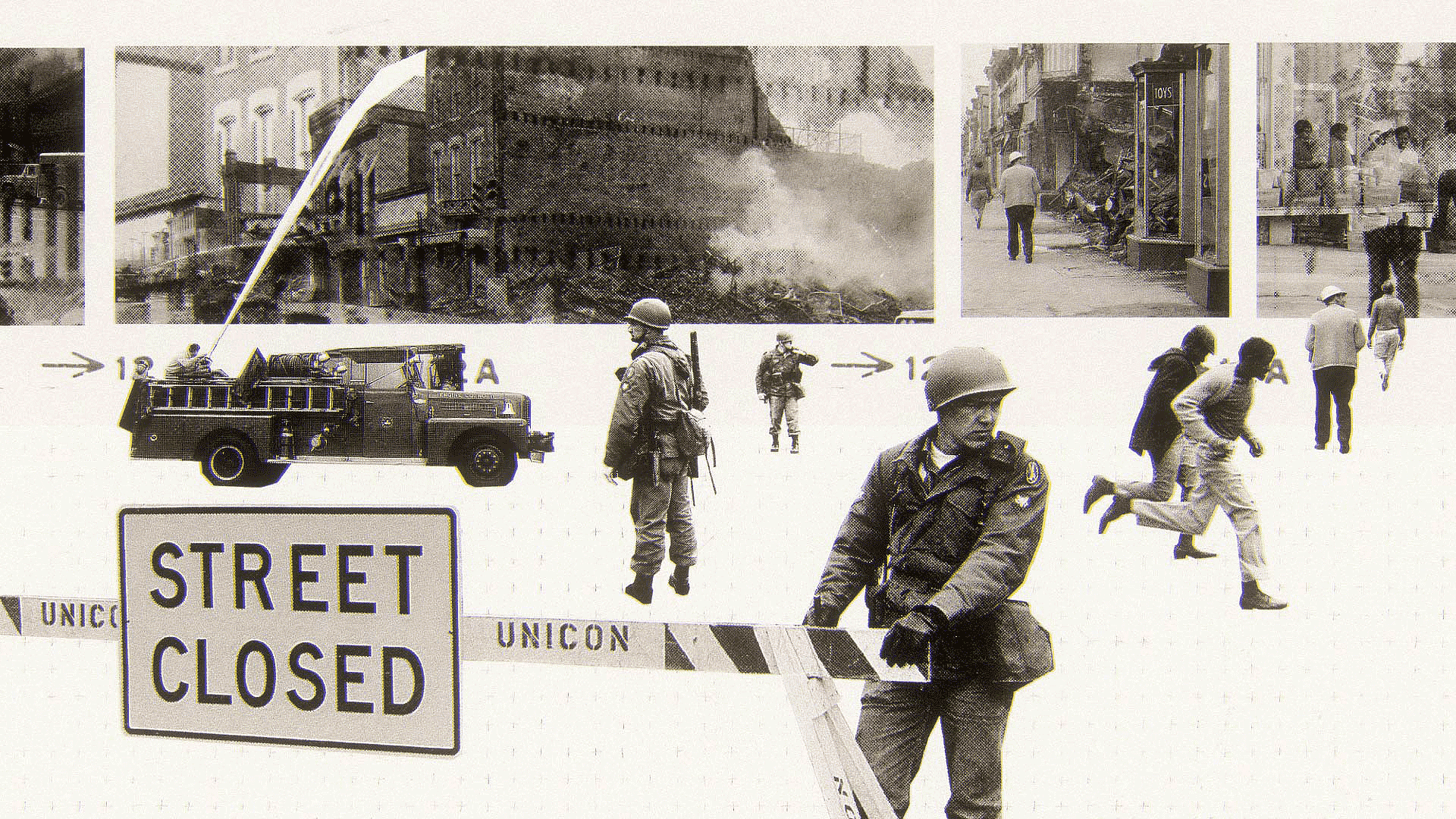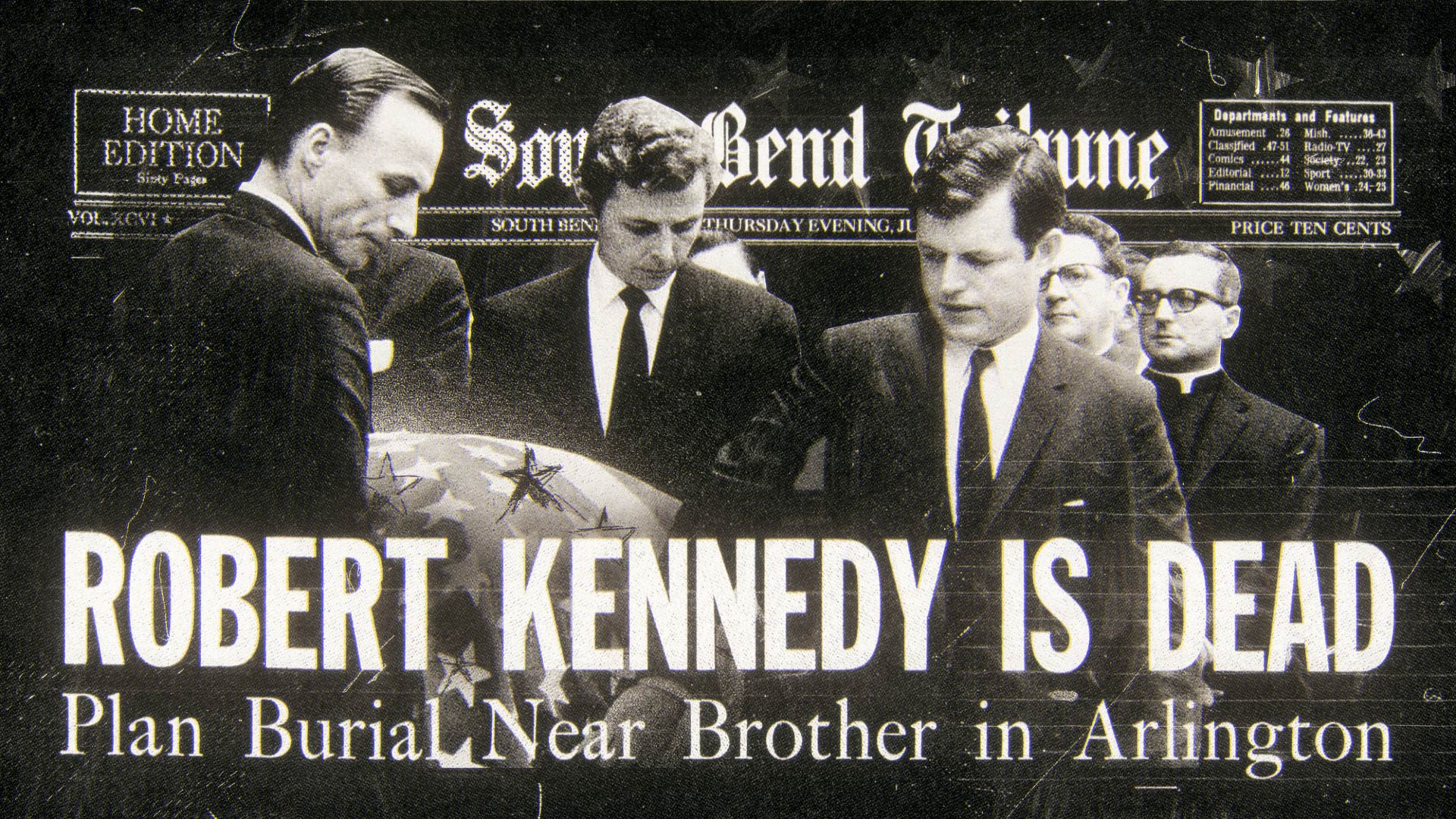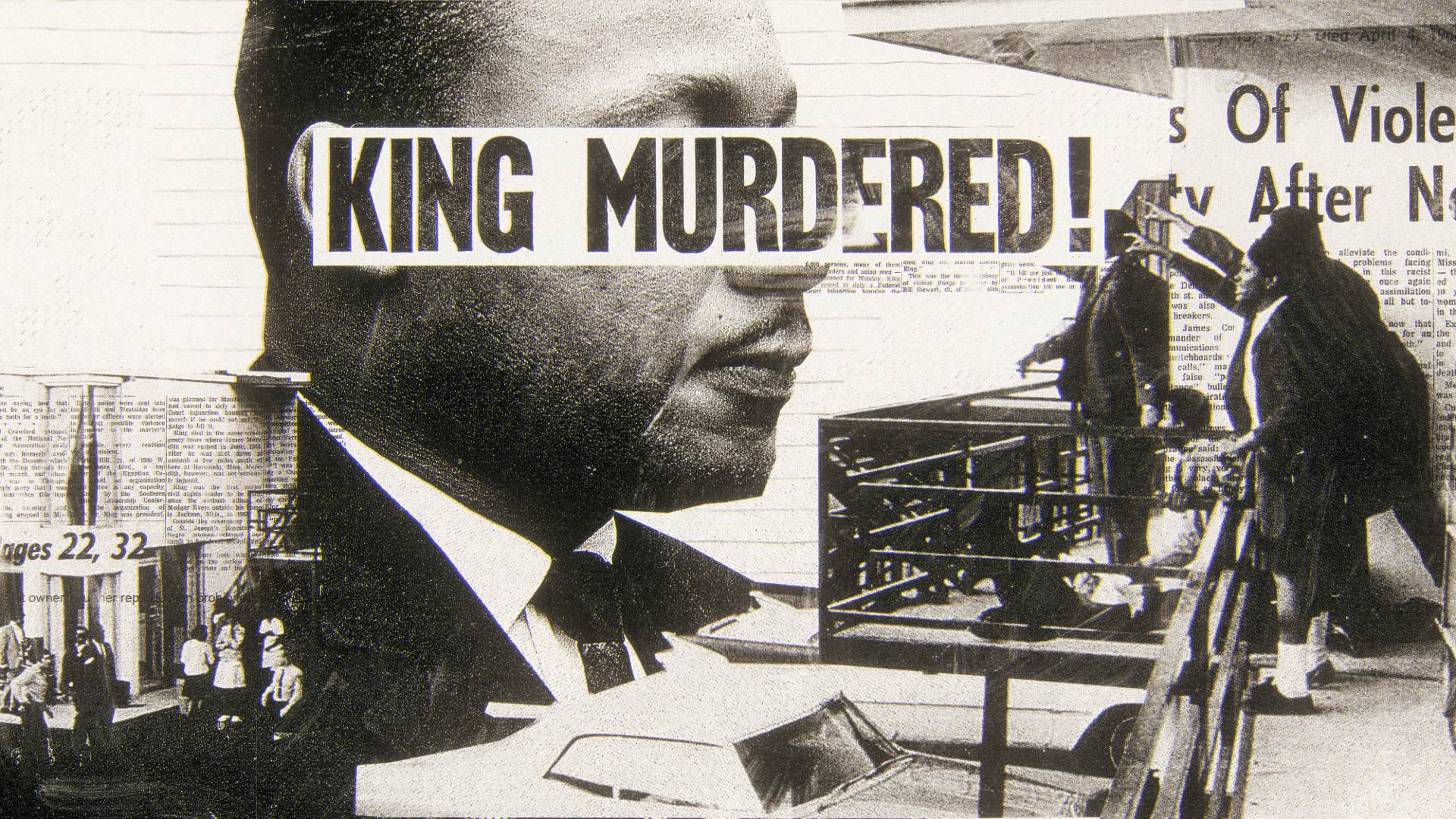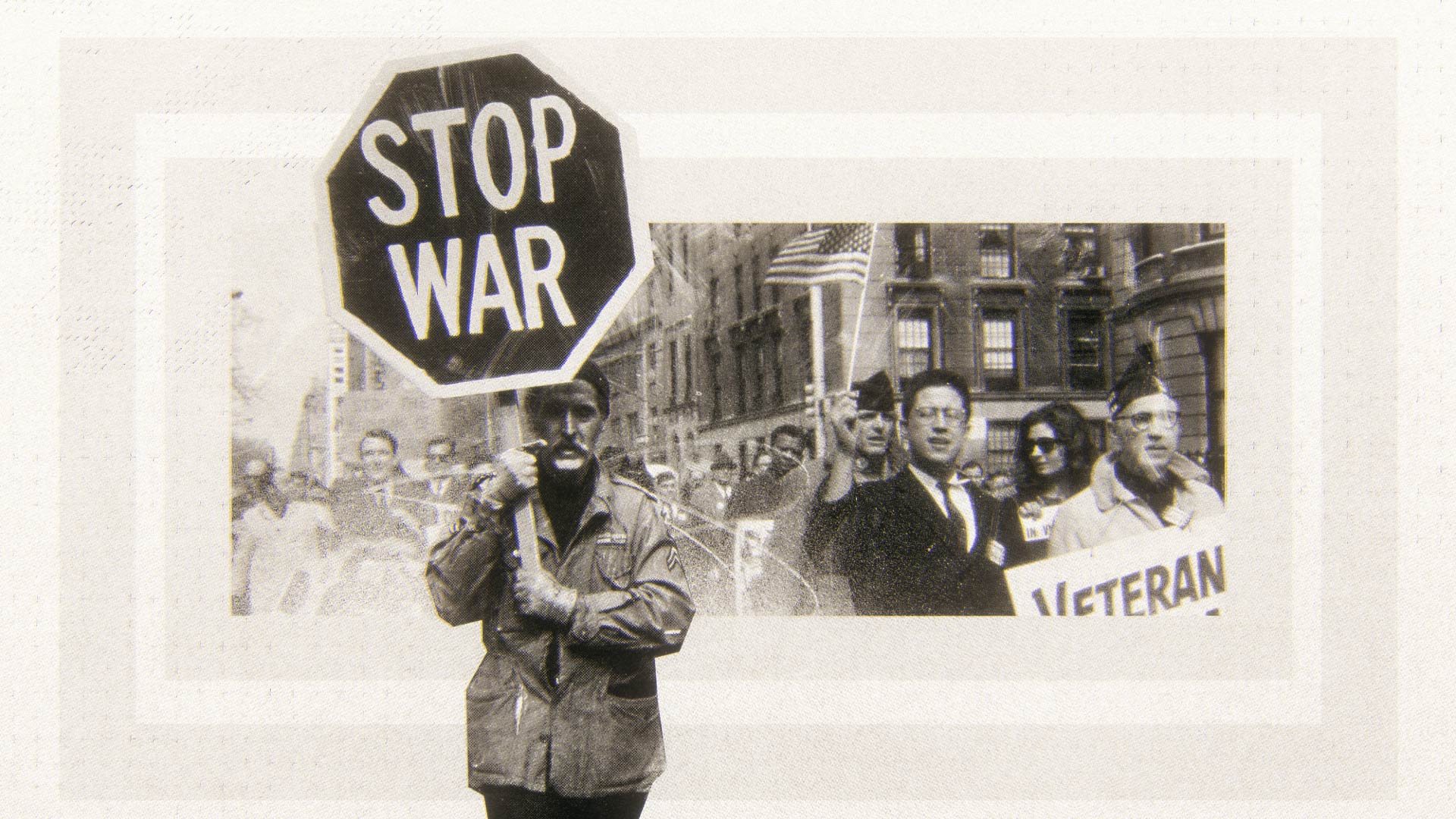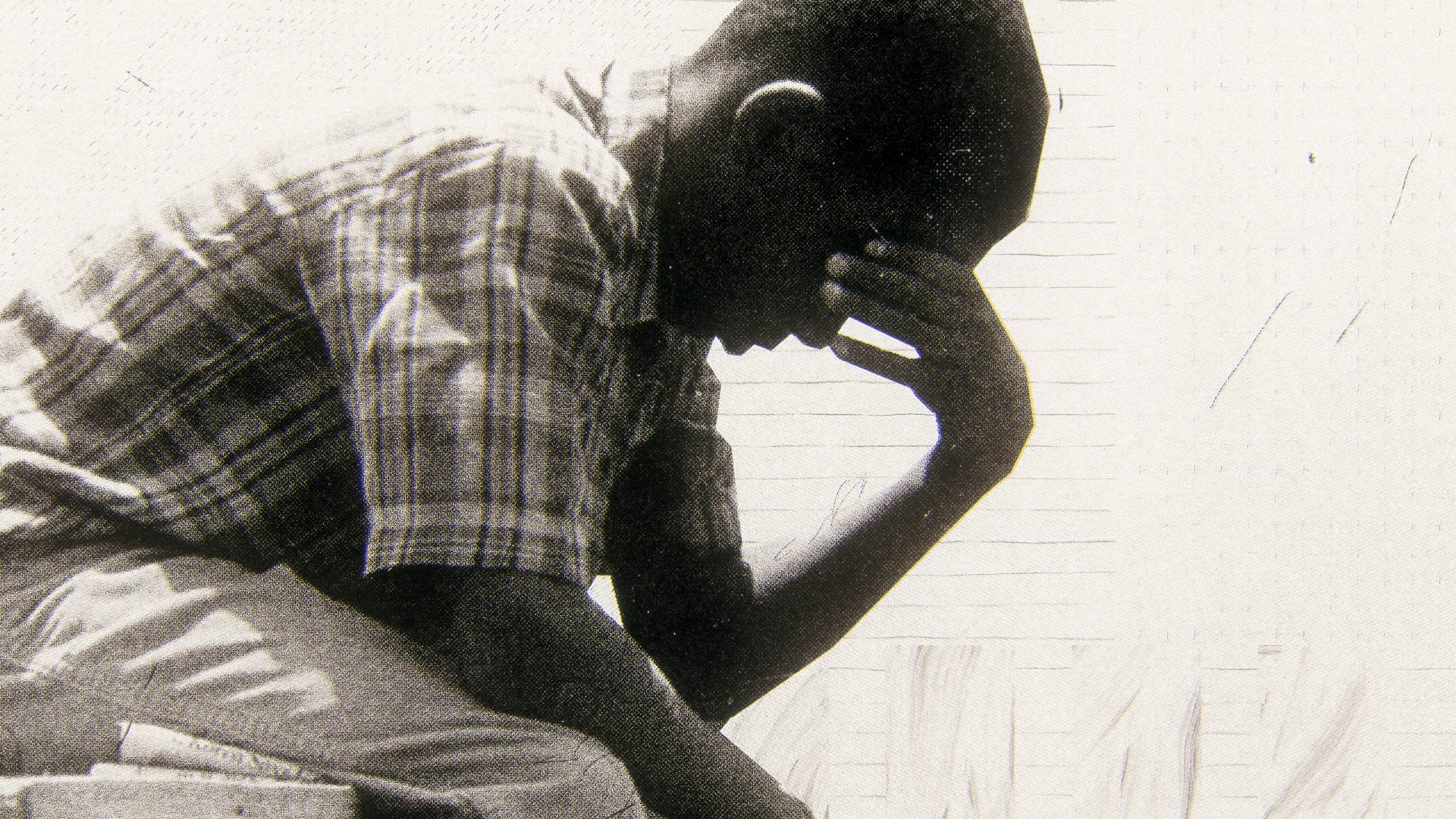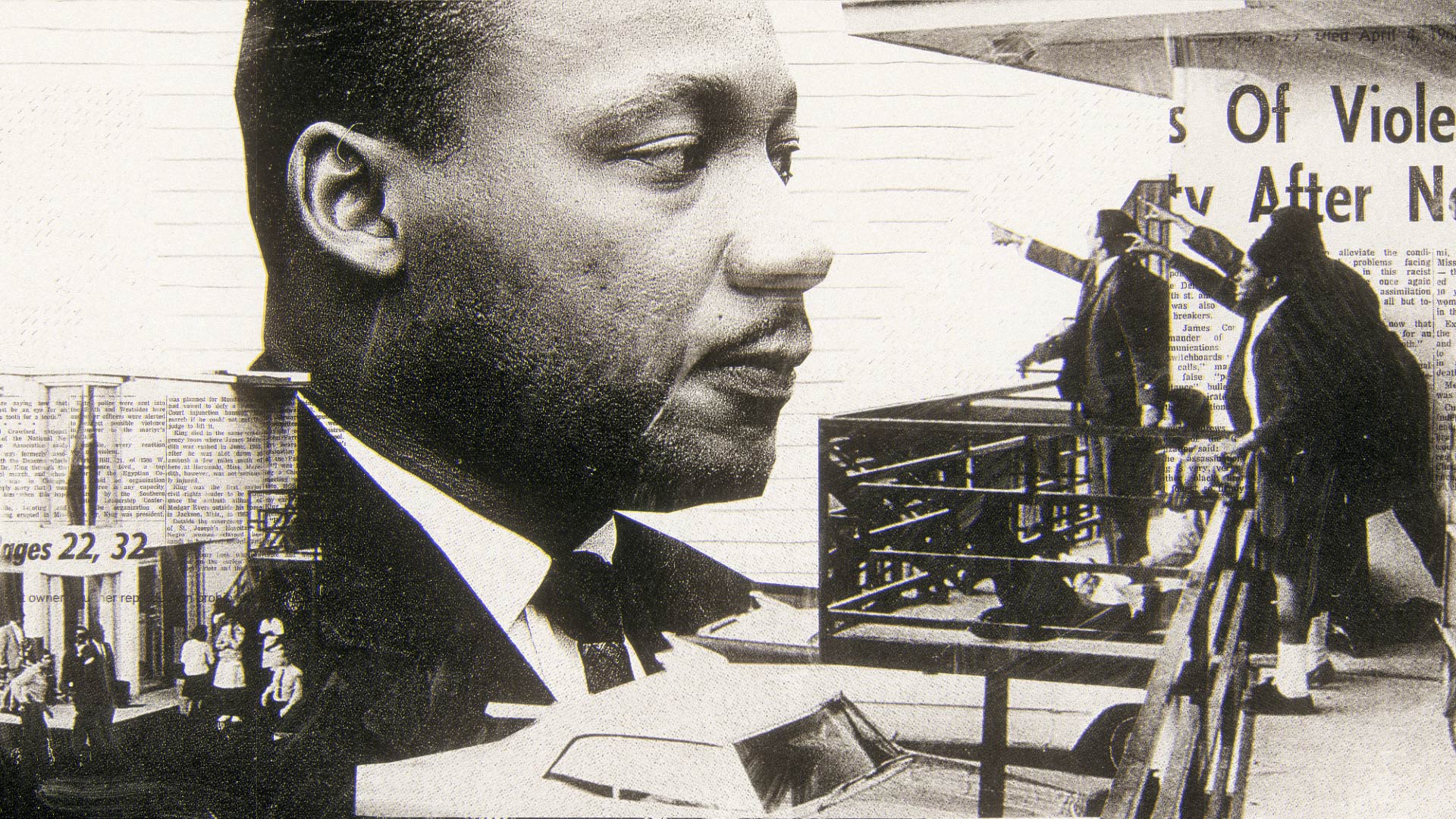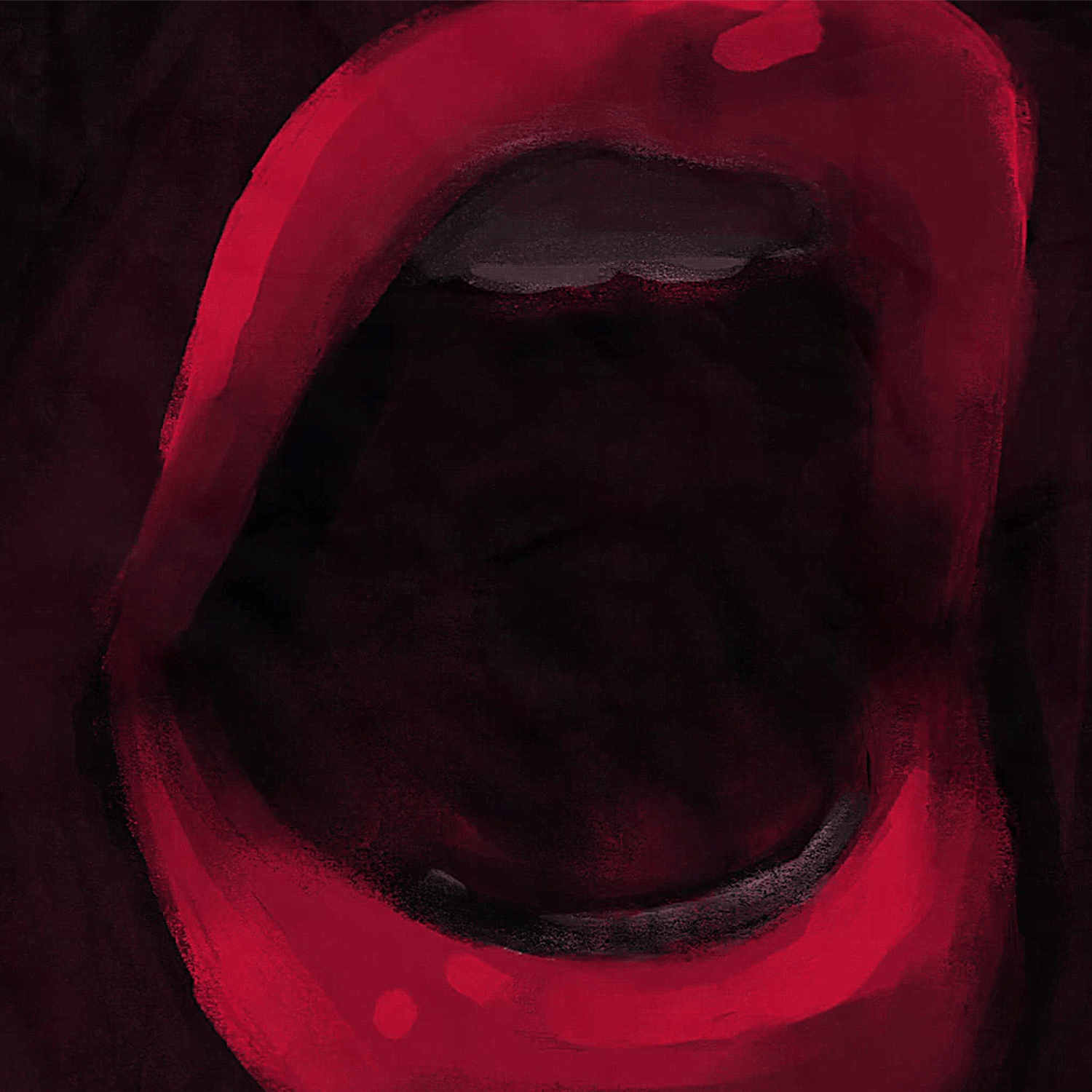Lost Nation Pictures has crafted a documentary that brings to life the story of MLK and UBI and its impact on America. We collaborated with Lost Nation to create visuals that shows the people involved and events that had taken place. In this presentation, we will recap some of the documentary‘s content and the design pieces created for it.
Client → Lost Nation Pictures
Studio → Hi-Lo.cc
Role → Director, Designer, Animator
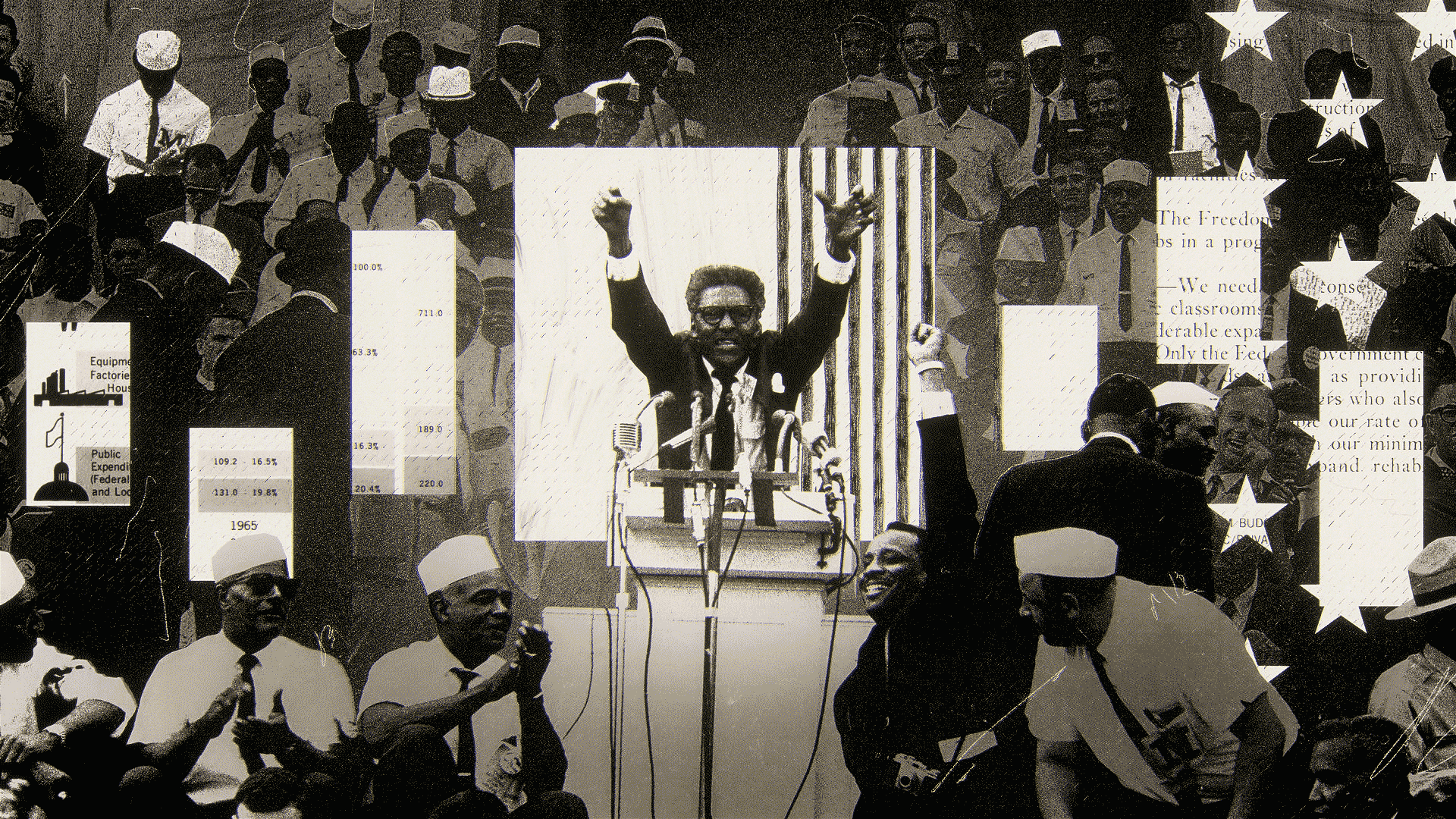
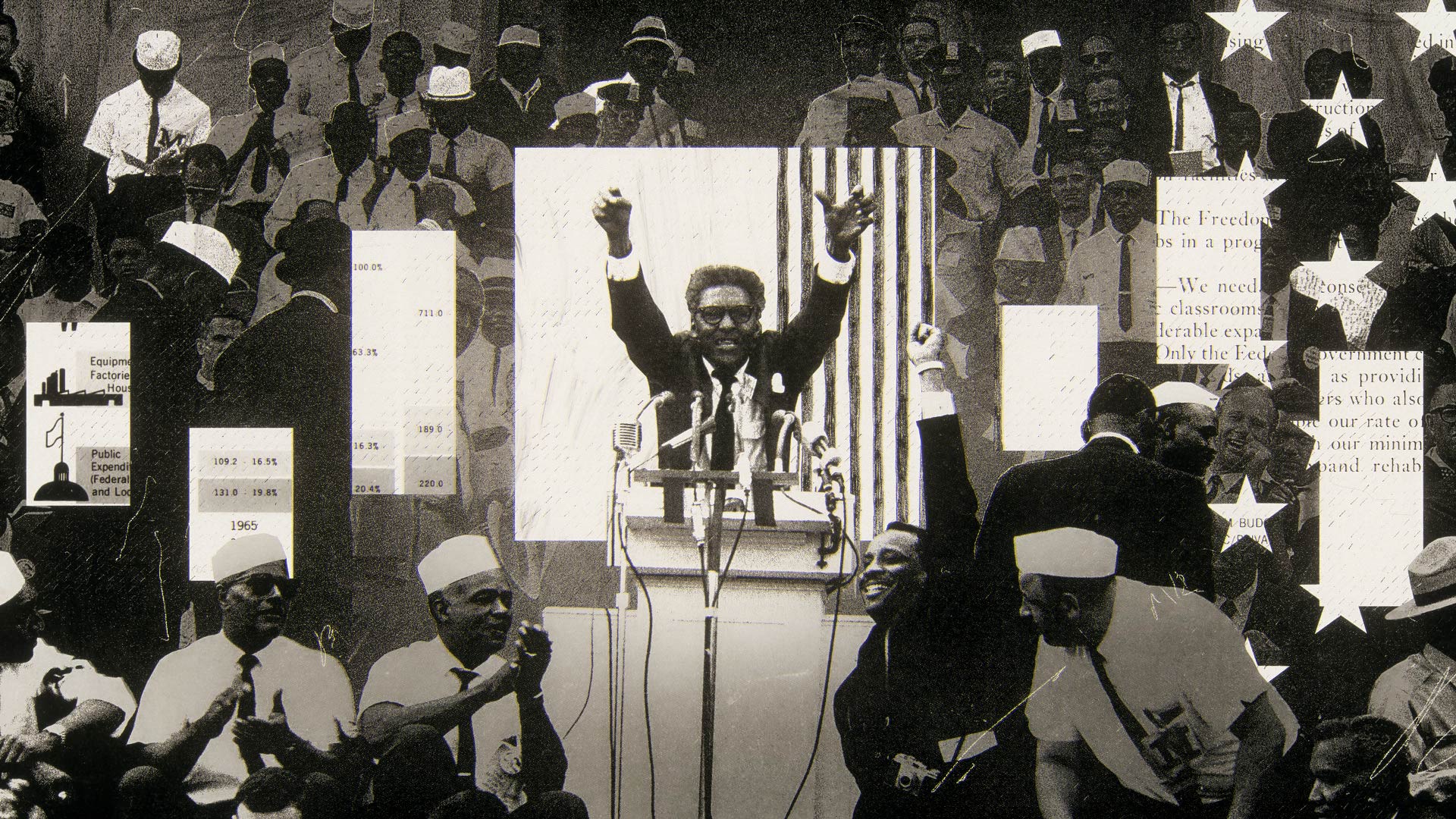
To create a freedom budget, Rustin gathered a group of leading economists, social scientists and labor leaders.
One was the economist Leon Keyserling, a son of Jewish immigrants. Keyserling helped to draft historic new deal programs and had served as chief of President Harry Truman‘s council of economic advisors.
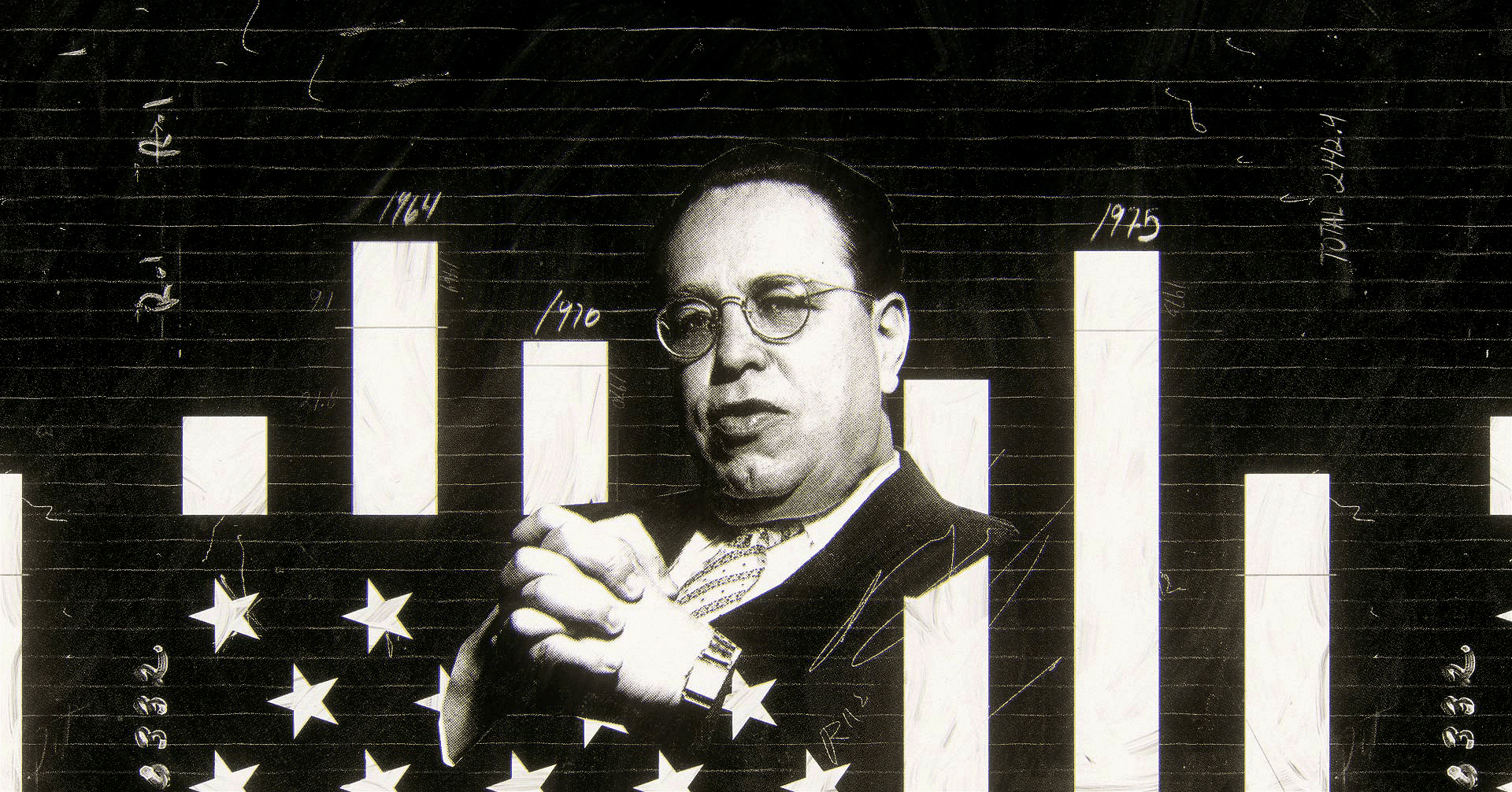
The freedom budget that they crafted was endorsed by Martin Luther King. It proposed a wide range of investments in the American people, including an increase in the minimum wage, a job for everyone ready and willing to work, and a guaranteed income for everyone unable to work.
The freedom budget that they crafted was endorsed by Martin Luther King. It proposed a wide range of investments in the American people, including an increase in the minimum wage, a job for everyone ready and willing to work, and a guaranteed income for everyone unable to work.
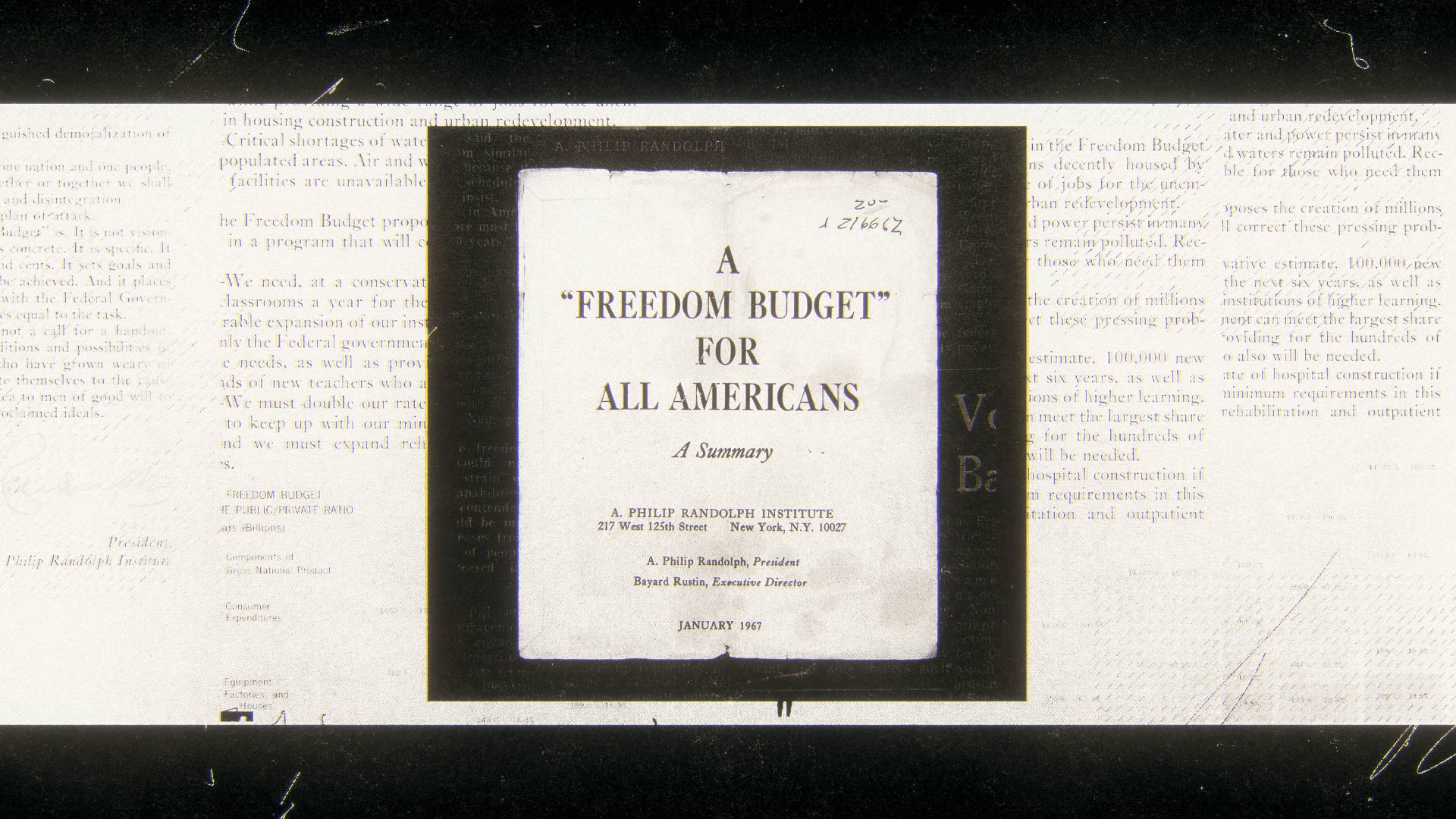
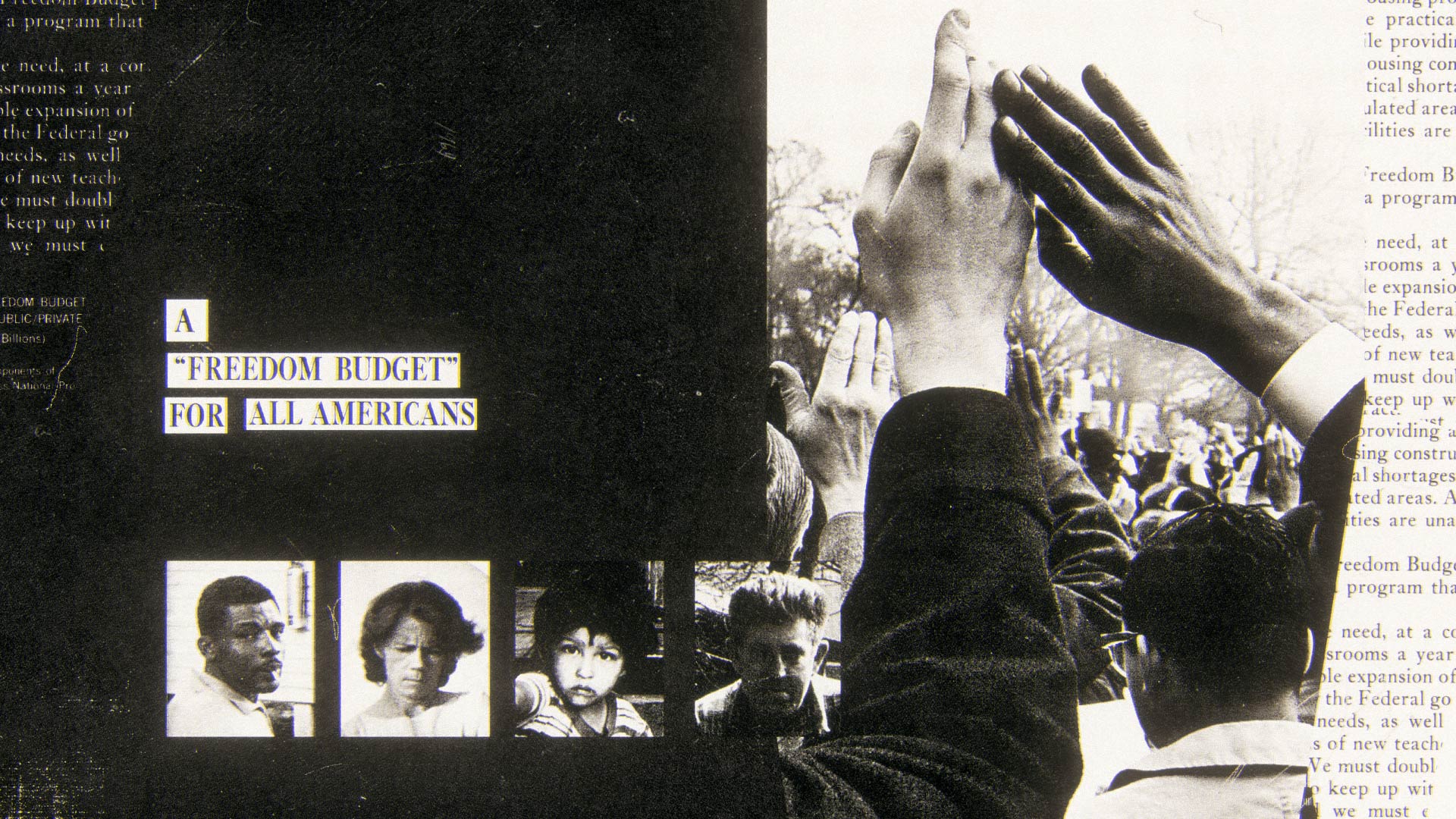
The plan would achieve it’s goals without cut to the military, and without increase costs to tax payers. The price was 185 B dollars over ten years.
The freedom budget was a call to action by the civil rights movement and like the 1963 march it forged a broad coalition of supporters. A new American dream seems within reach. 211 prominent economists, entertainers, and religious and civil rights leaders signed the document in support of its pragmatic vision of a nation without poverty within 10 years.
The turbulence of the late 1960s consumed the nation‘s attention. The freedom budget never gained traction in congress. The ideas championed yet endure.
“If our nation can spend $35 billion a year to fight an unjust, evil war in Vietnam and $20 billion to put a man on the moon it can spend billion of dollars to put God’s children on their two feet right here on earth.”
Martin Luther King
Credits
Production:
Studio Hi-Lo
Creative Director:
Diego Coutinho and Bruna Imai
Art Director:
Diego Coutinho
Design:
Diego Coutinho, Bianca Baderna, Constanza Aravena
Animation:
Diego Coutinho
